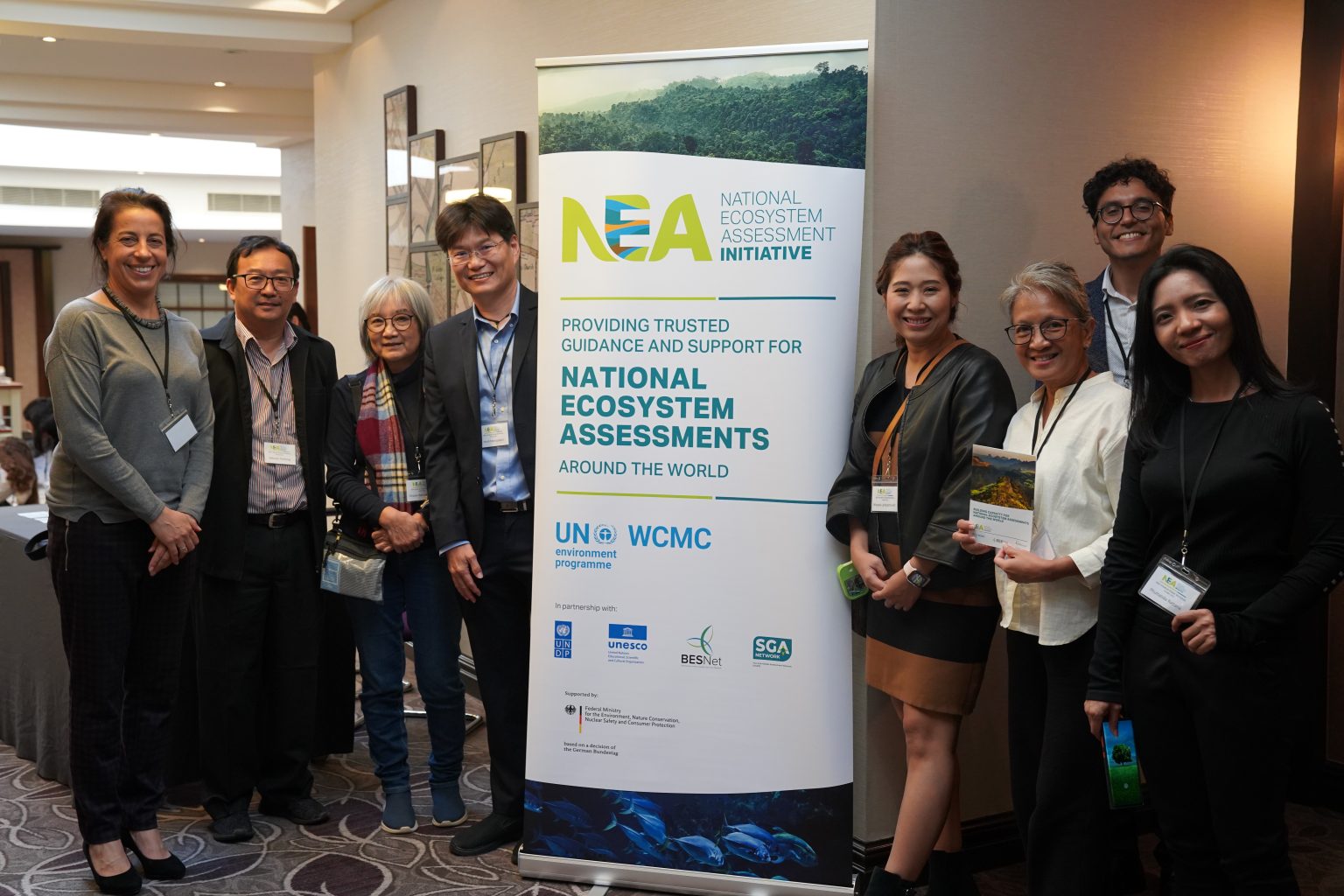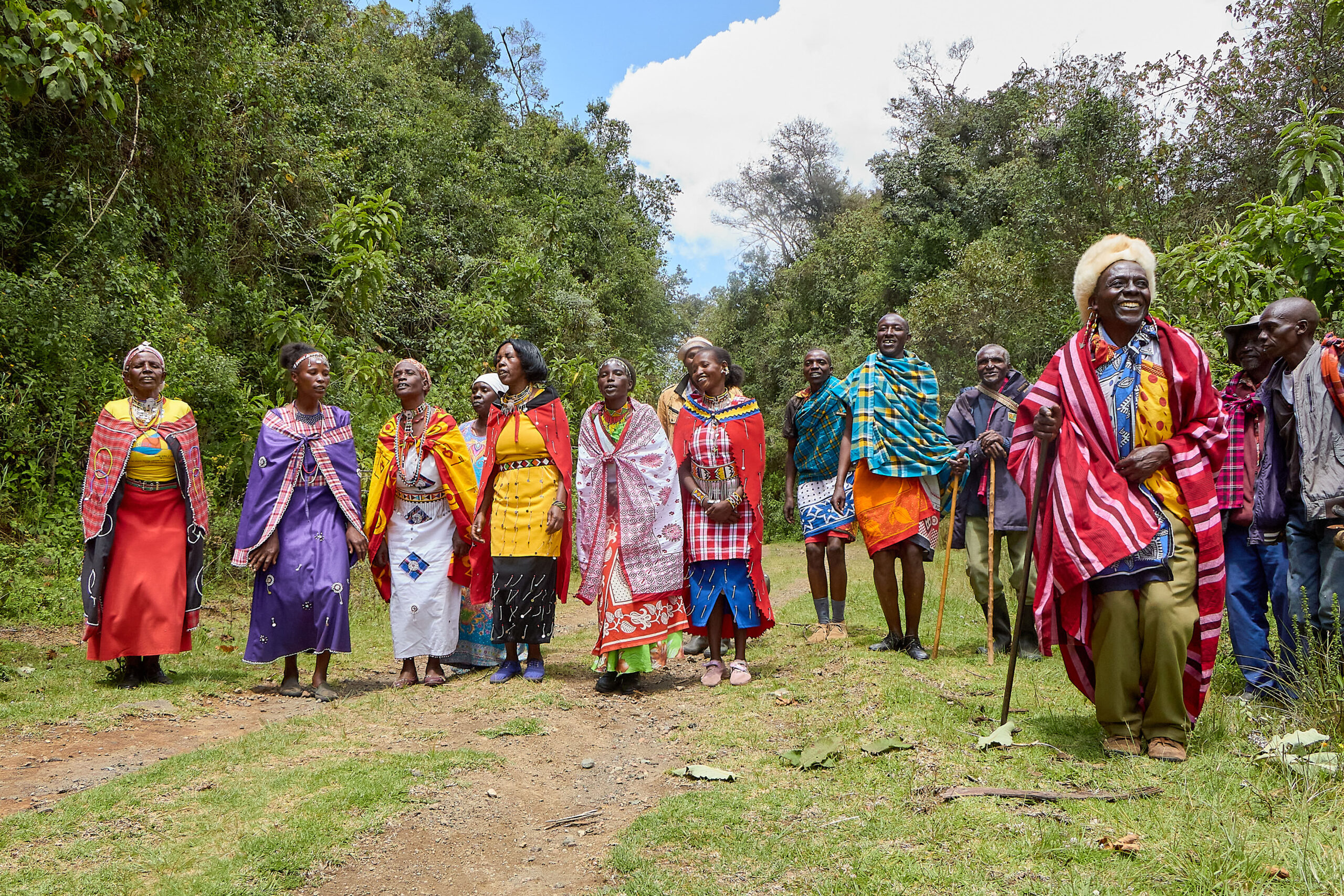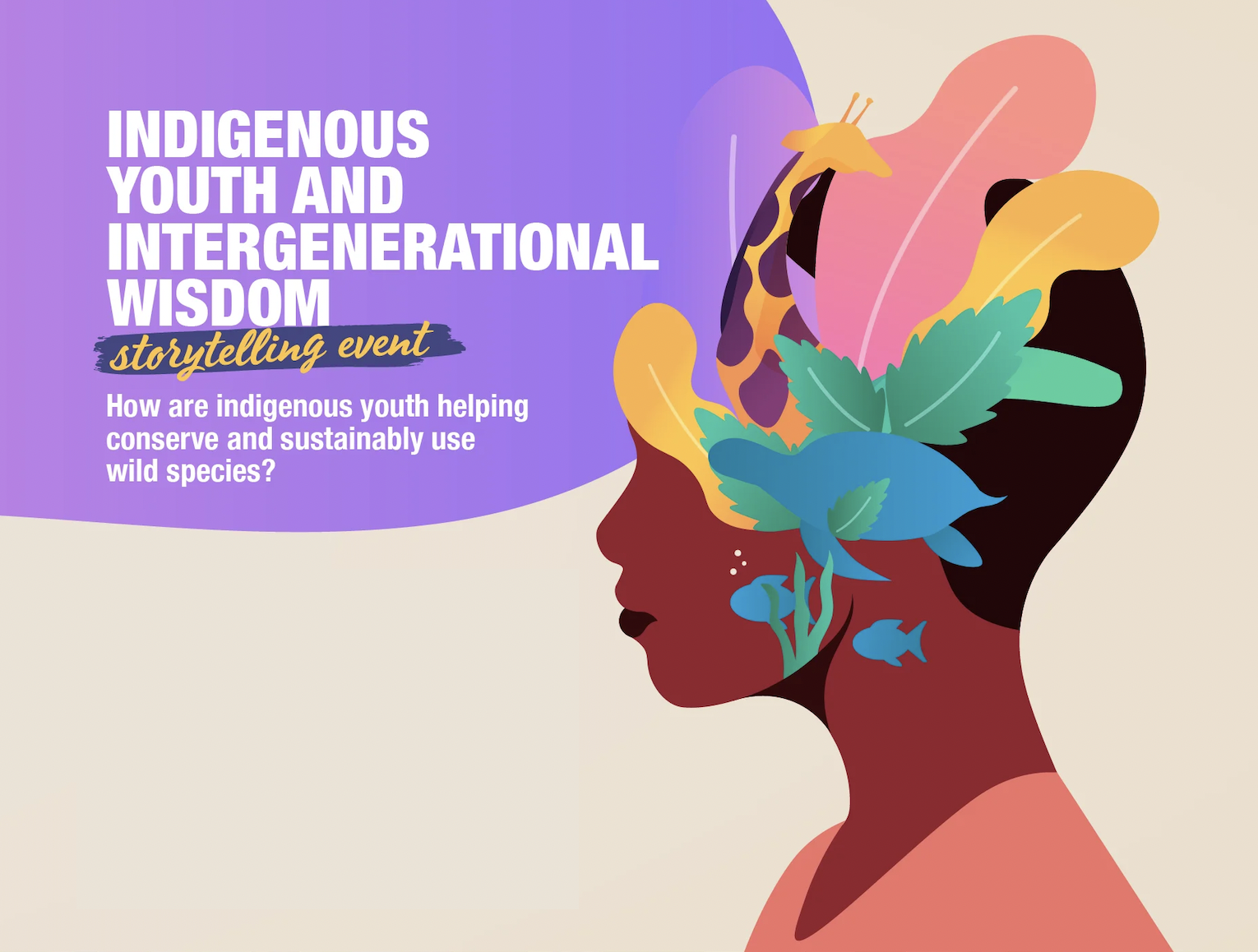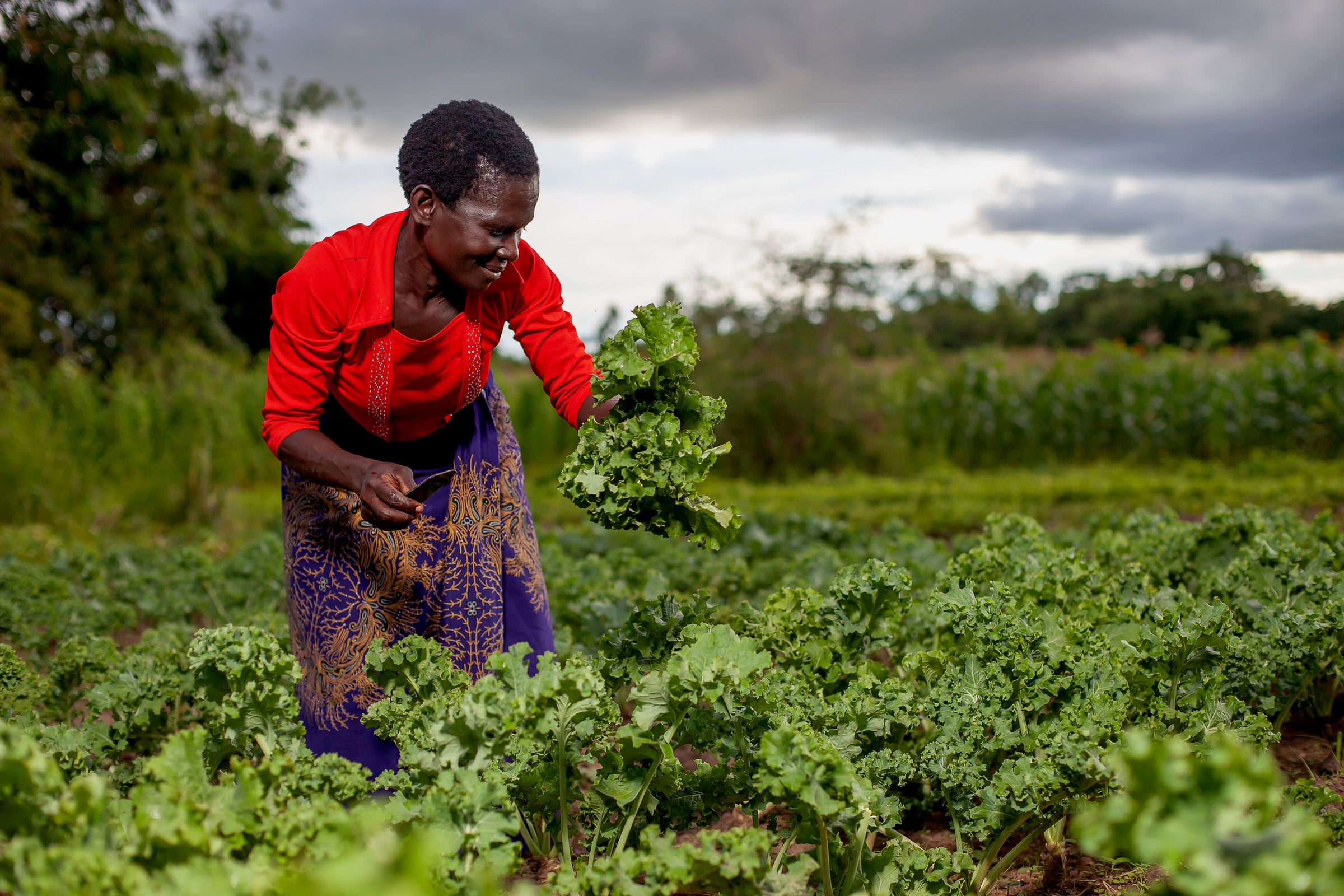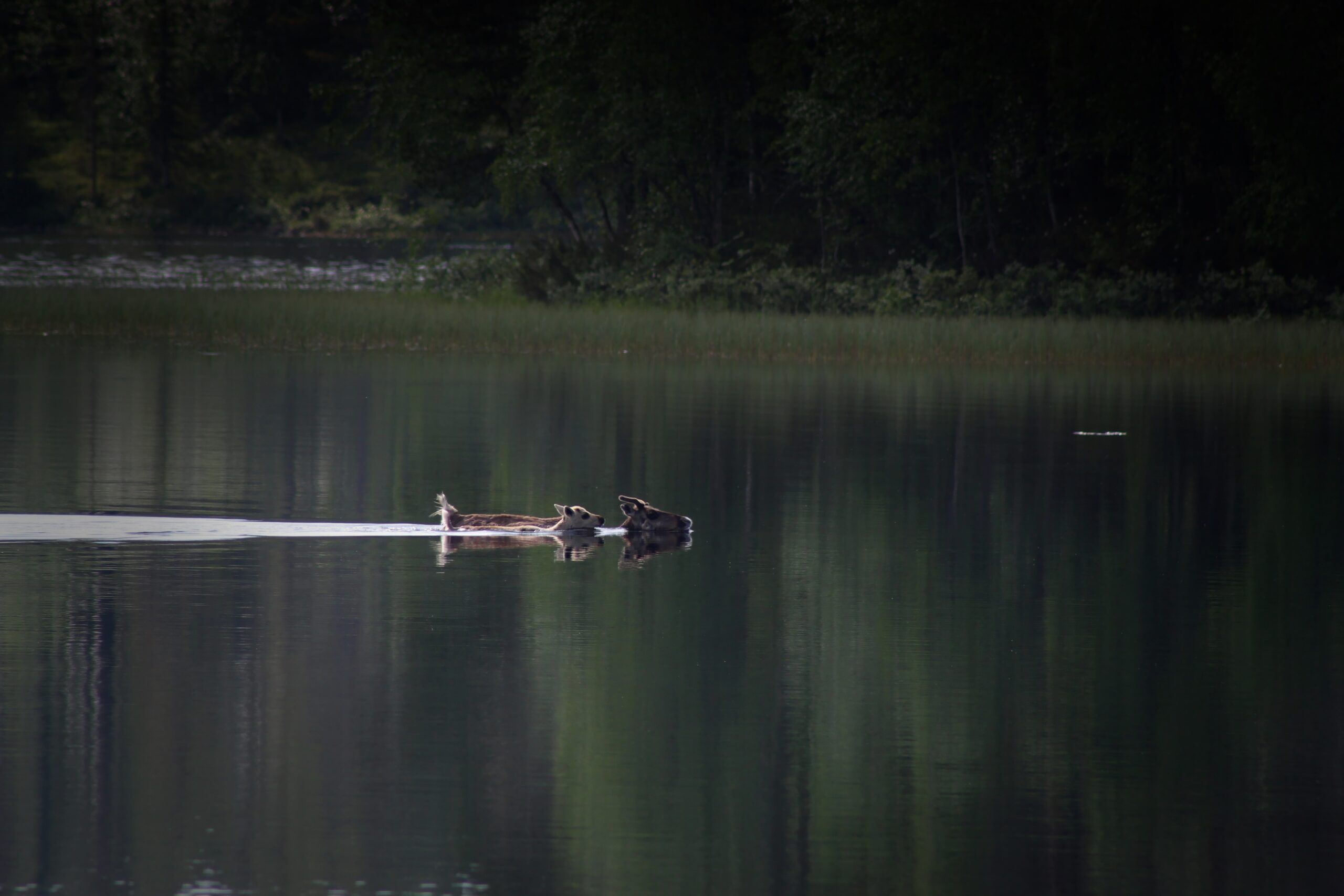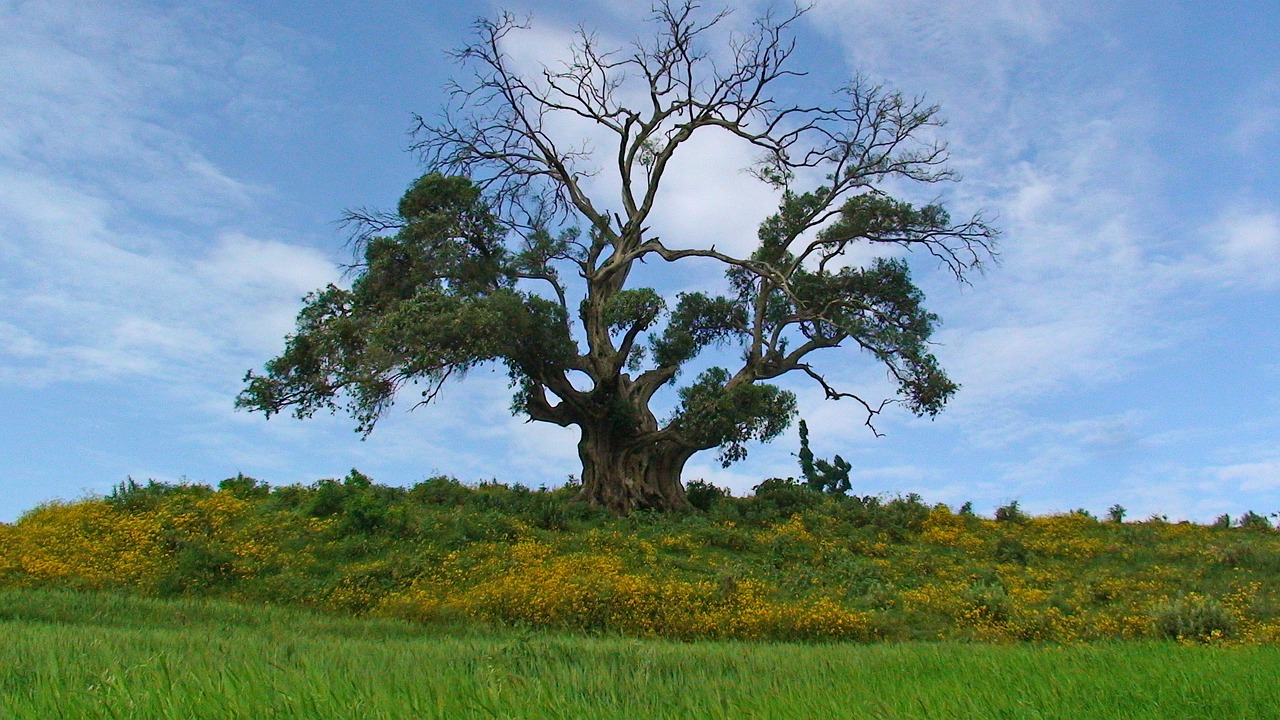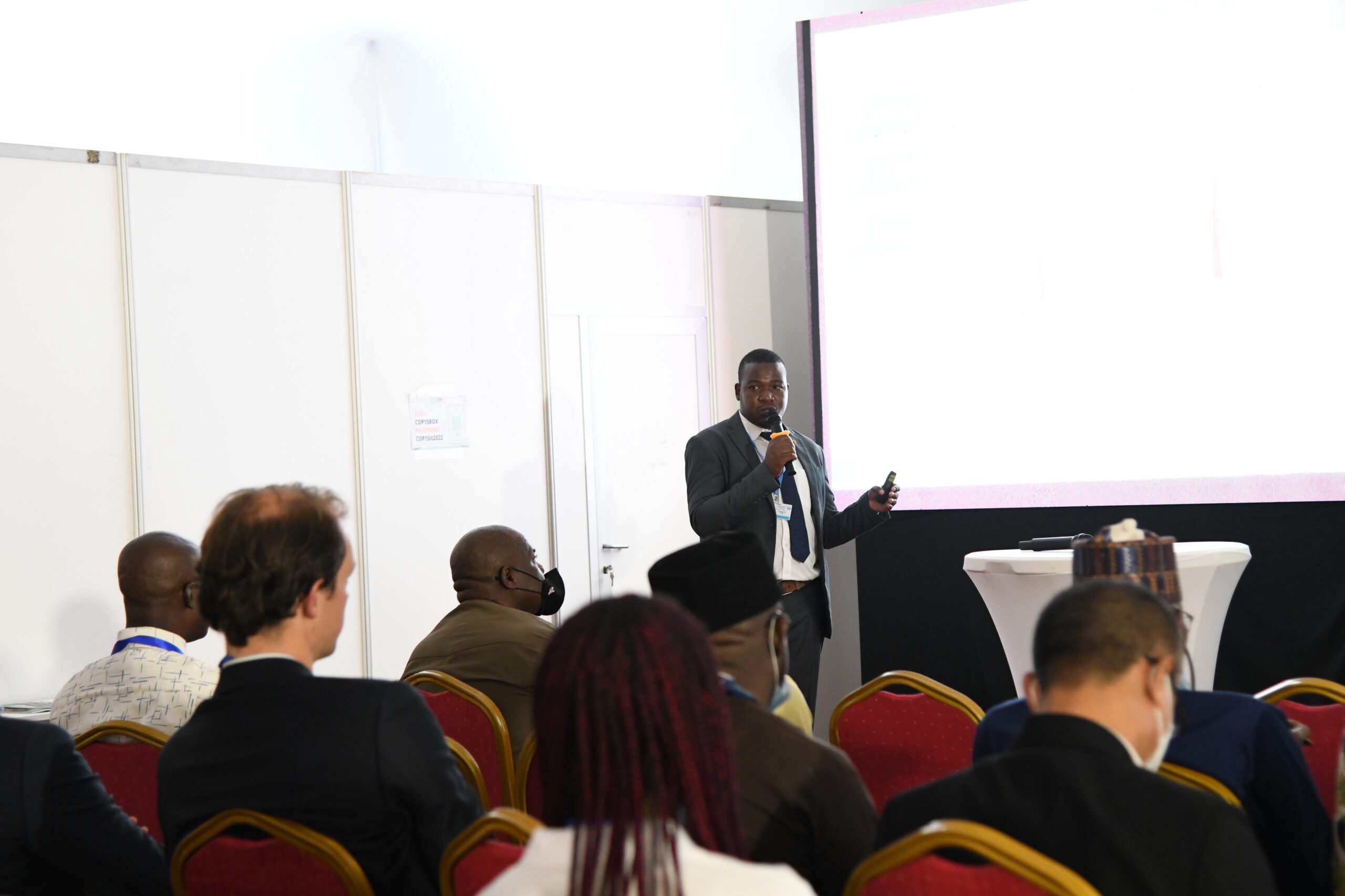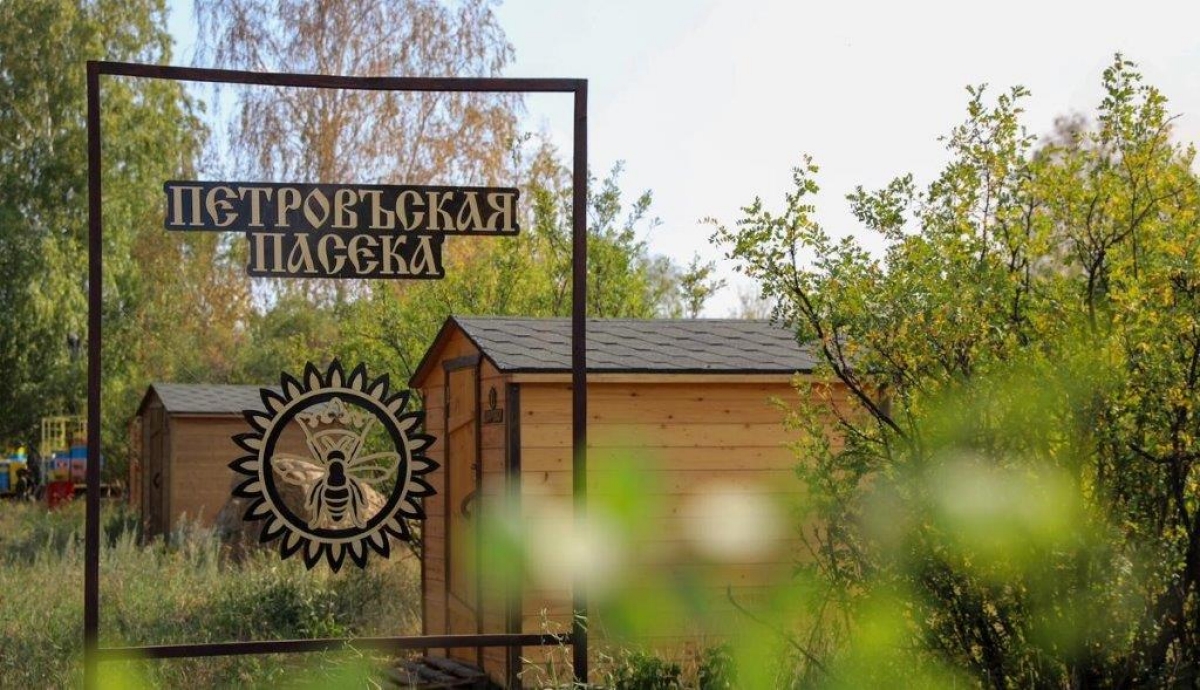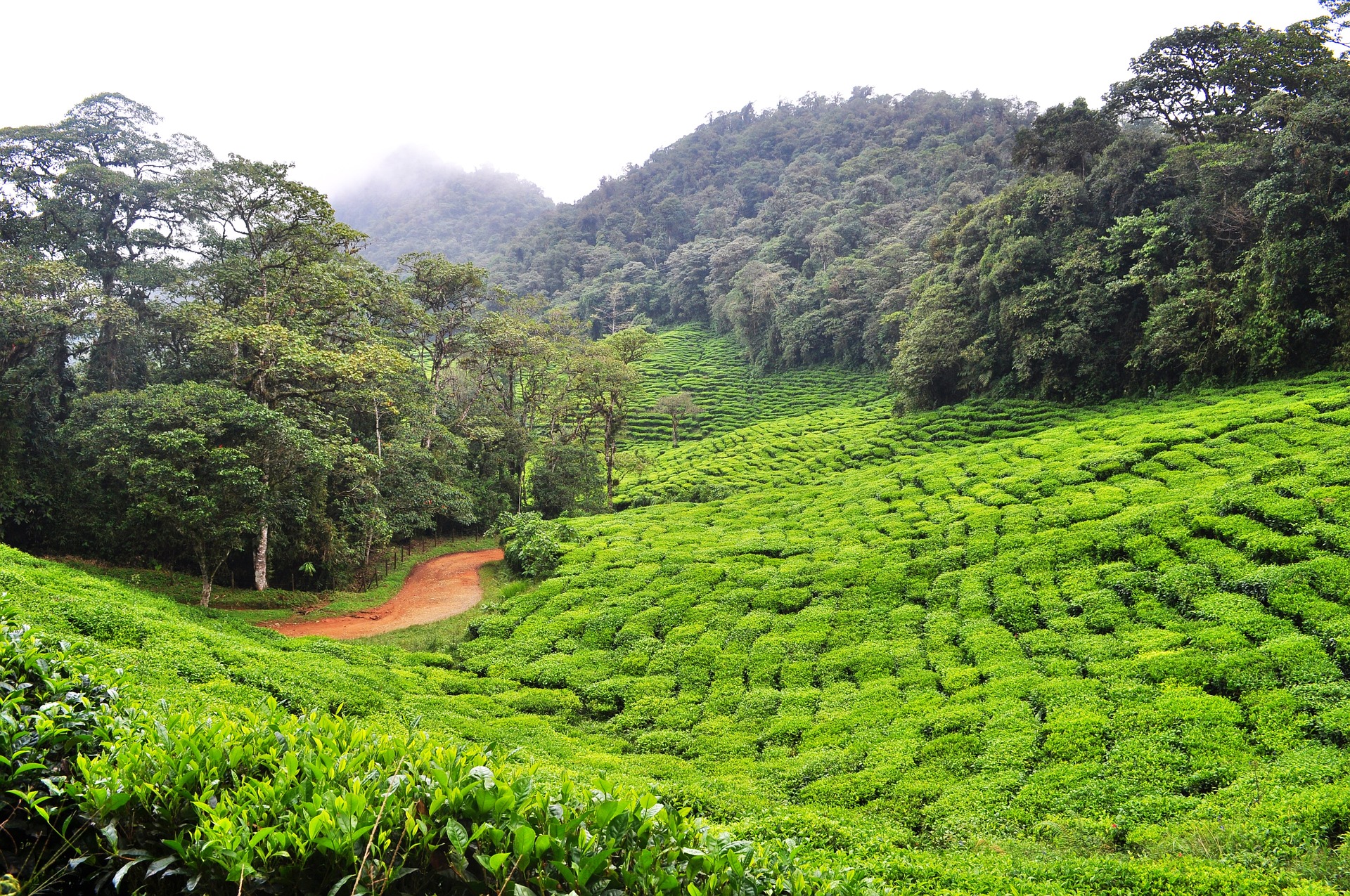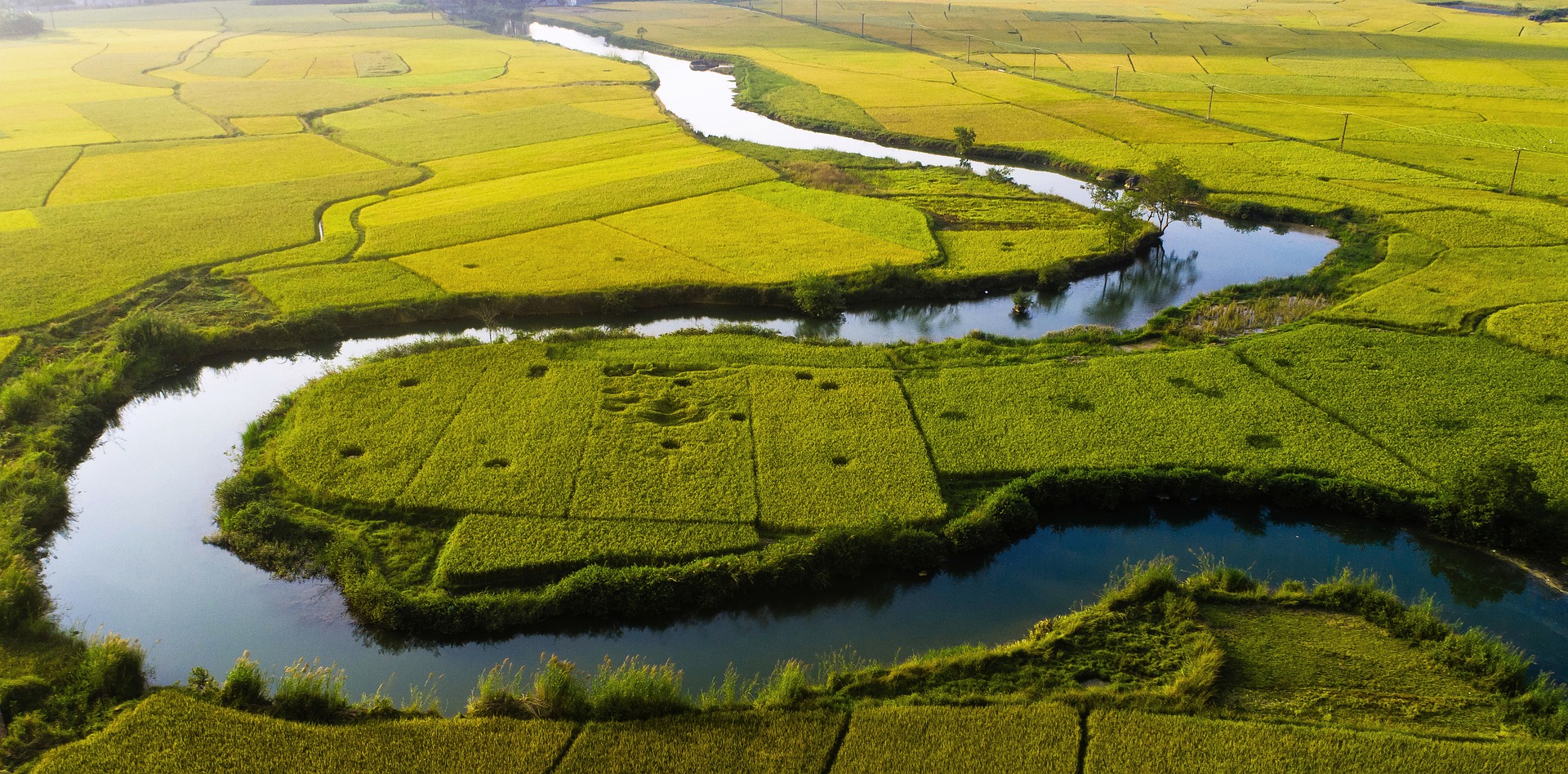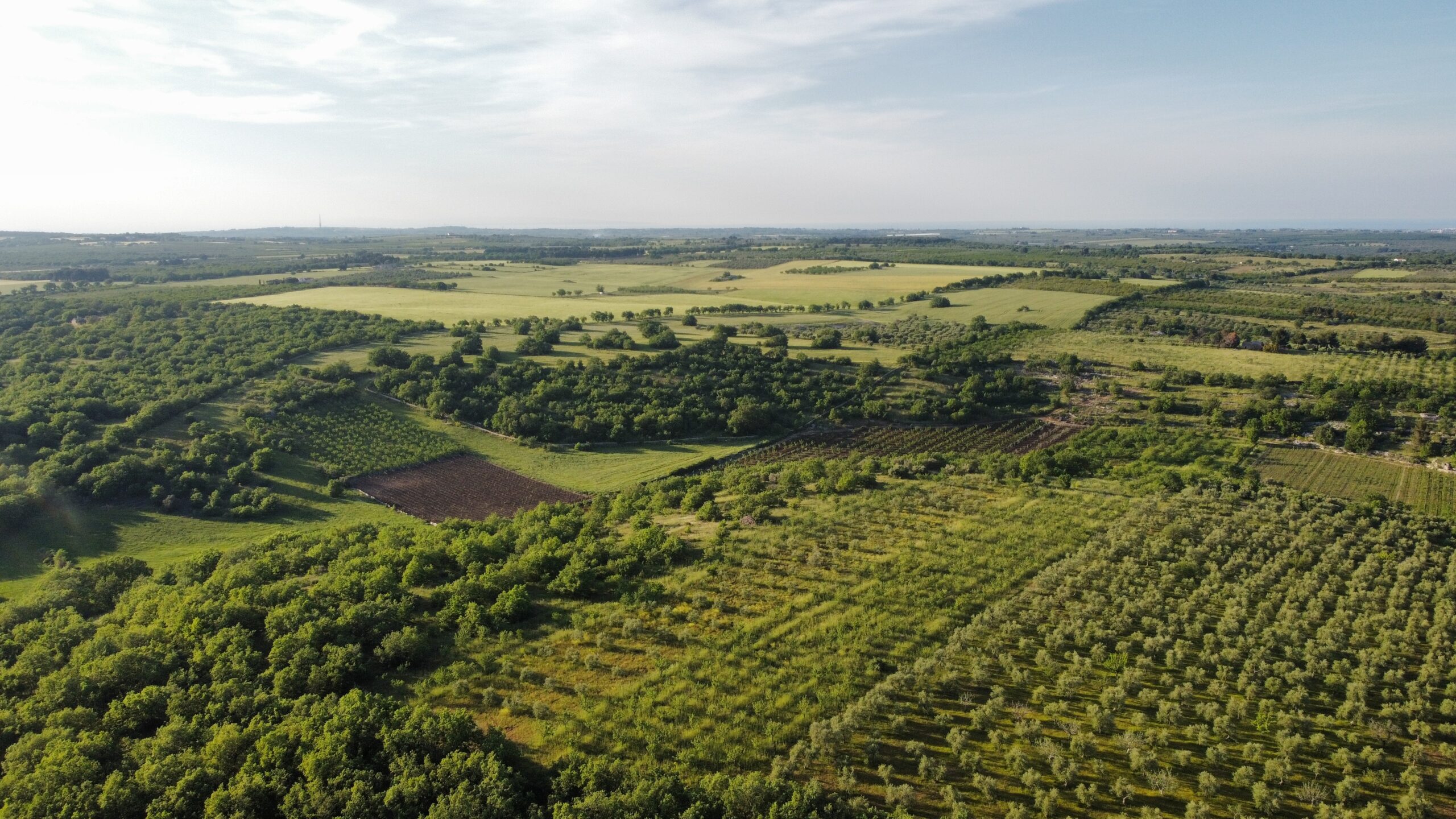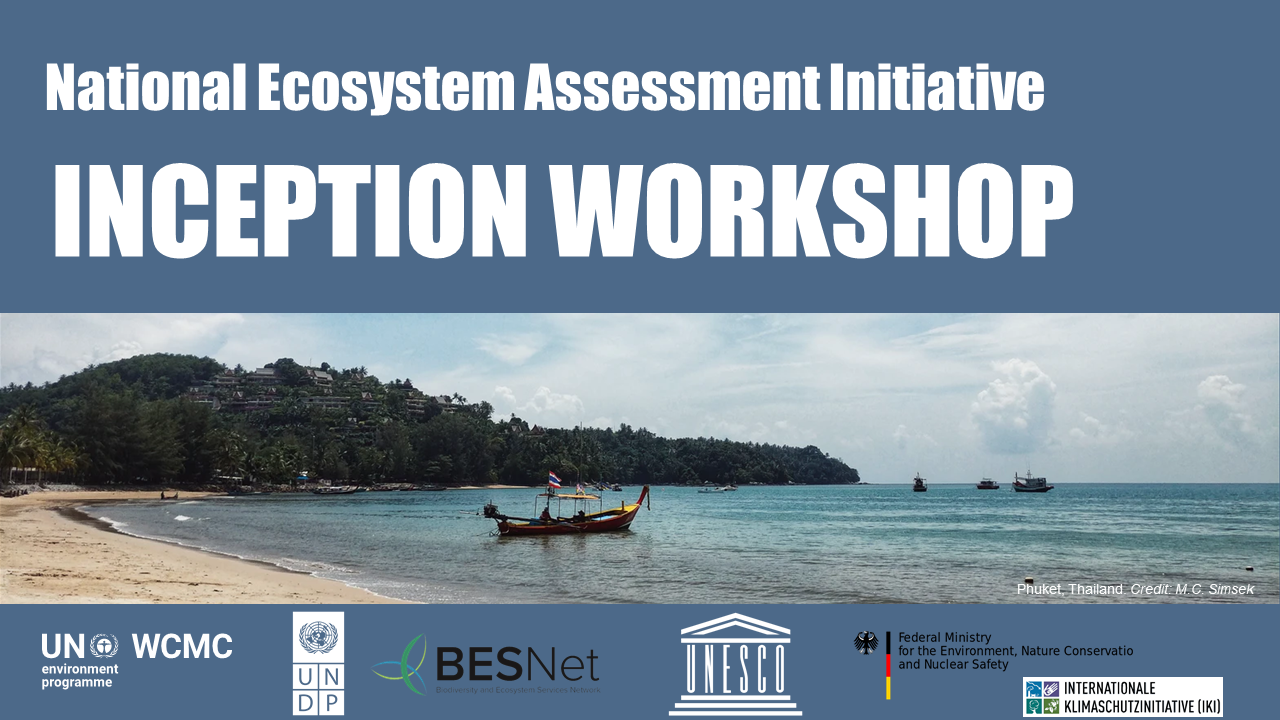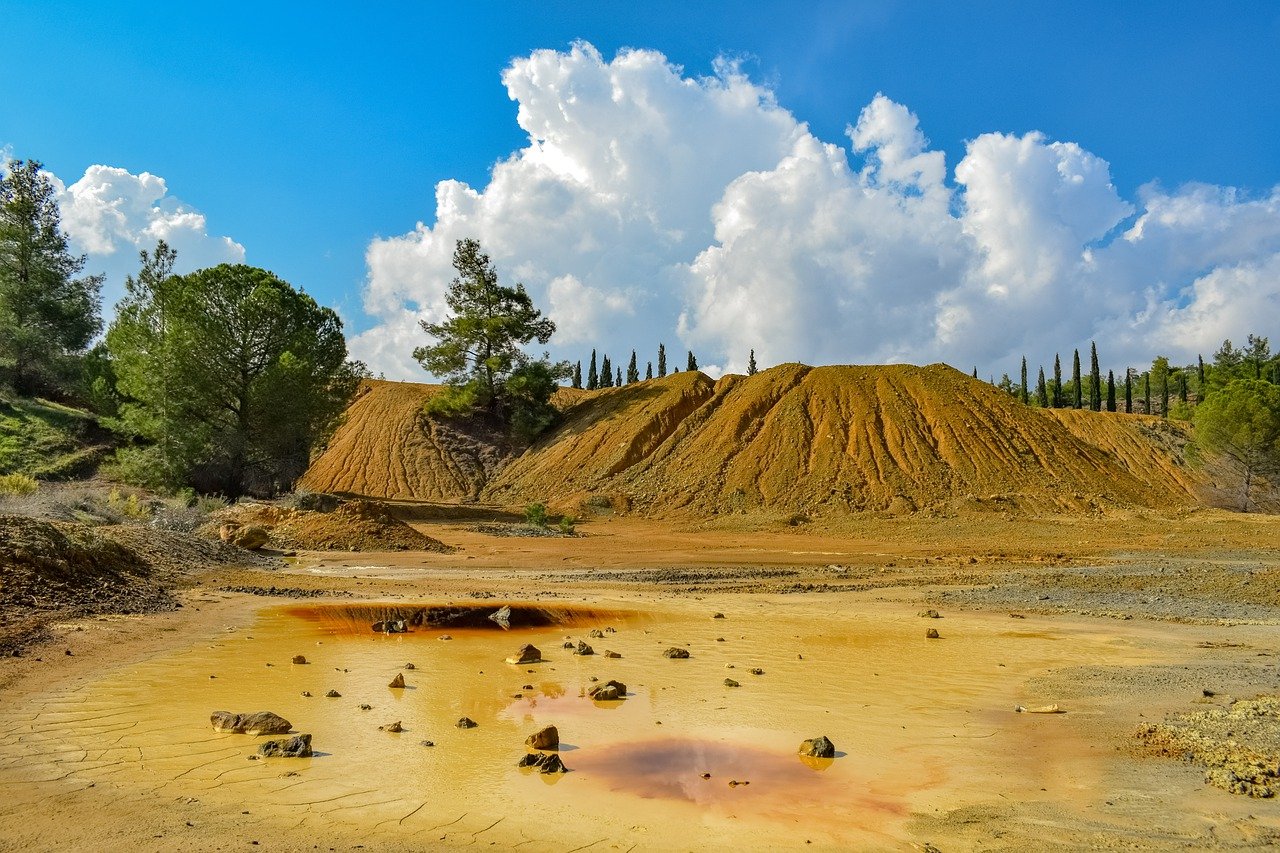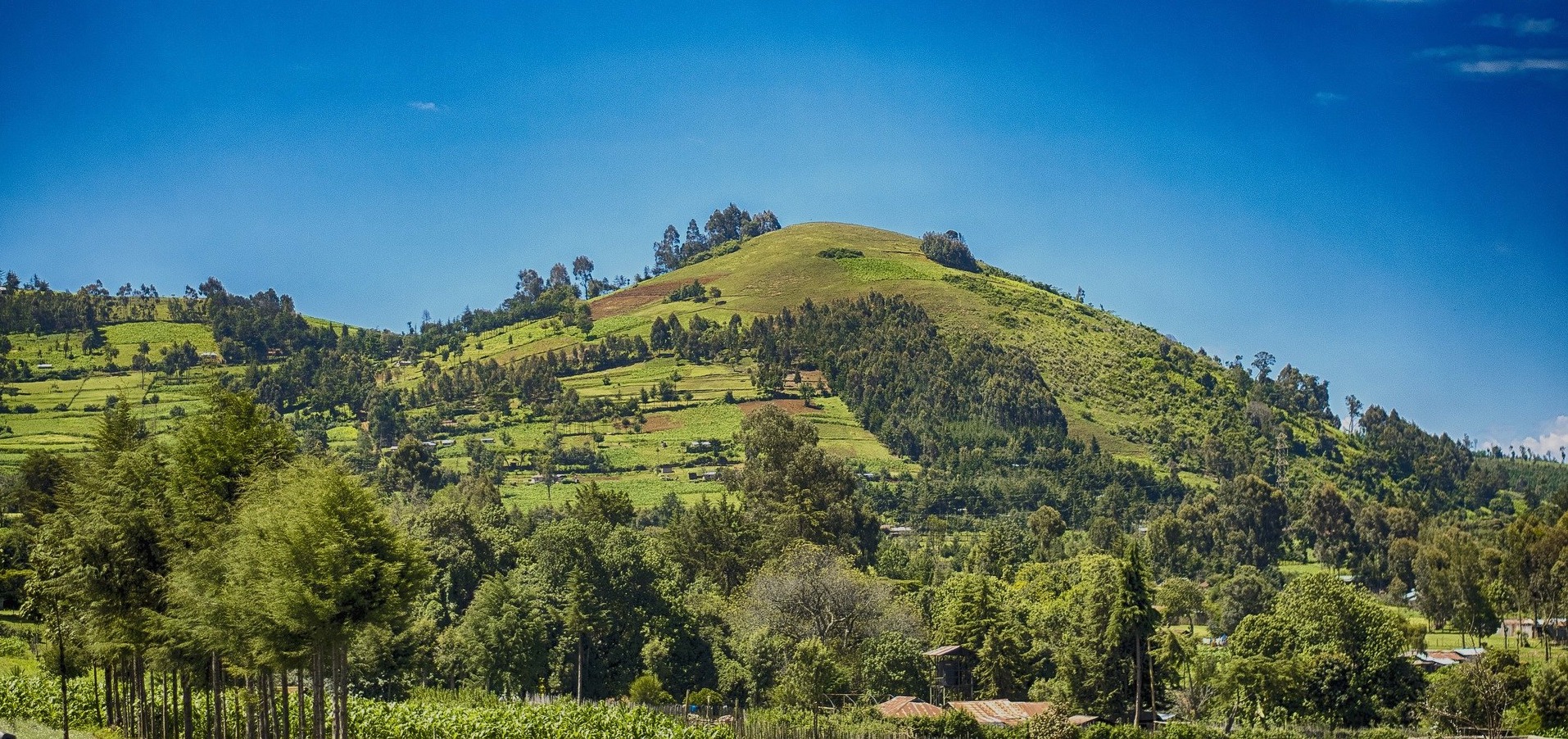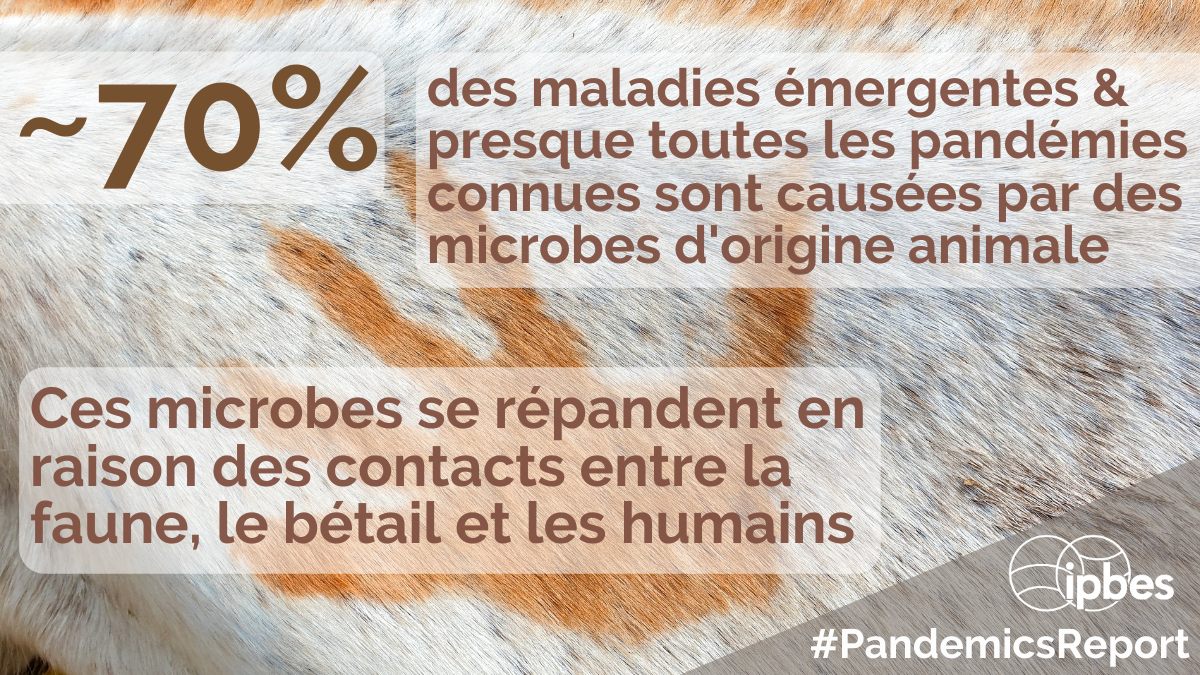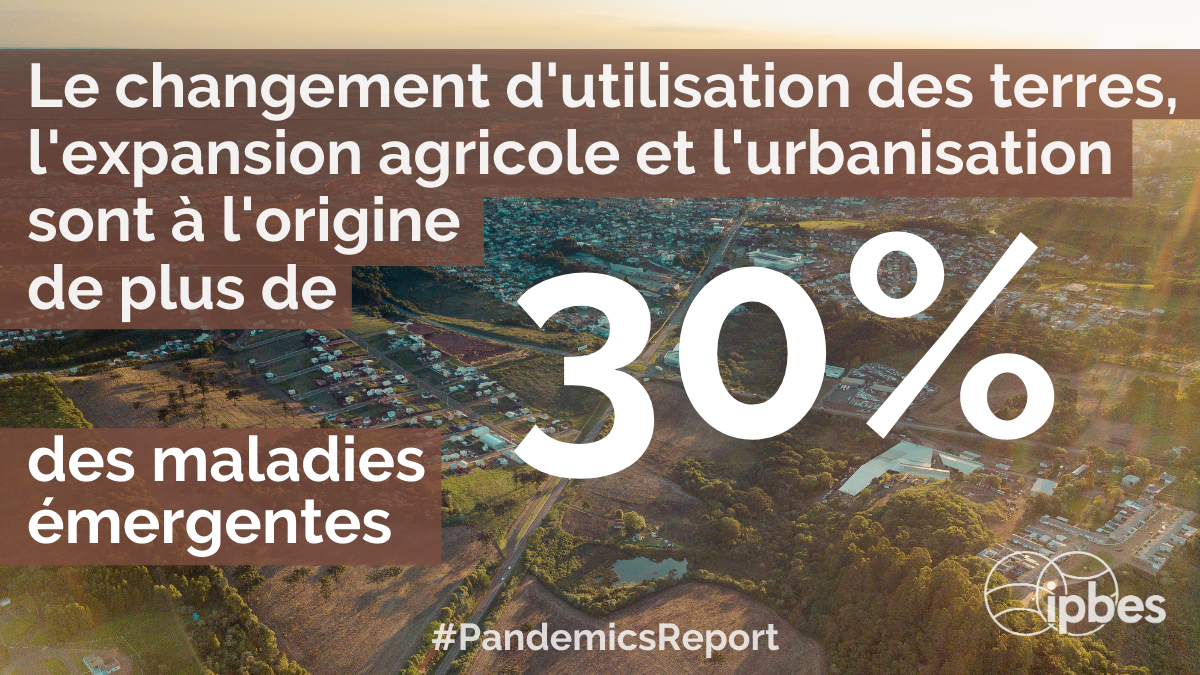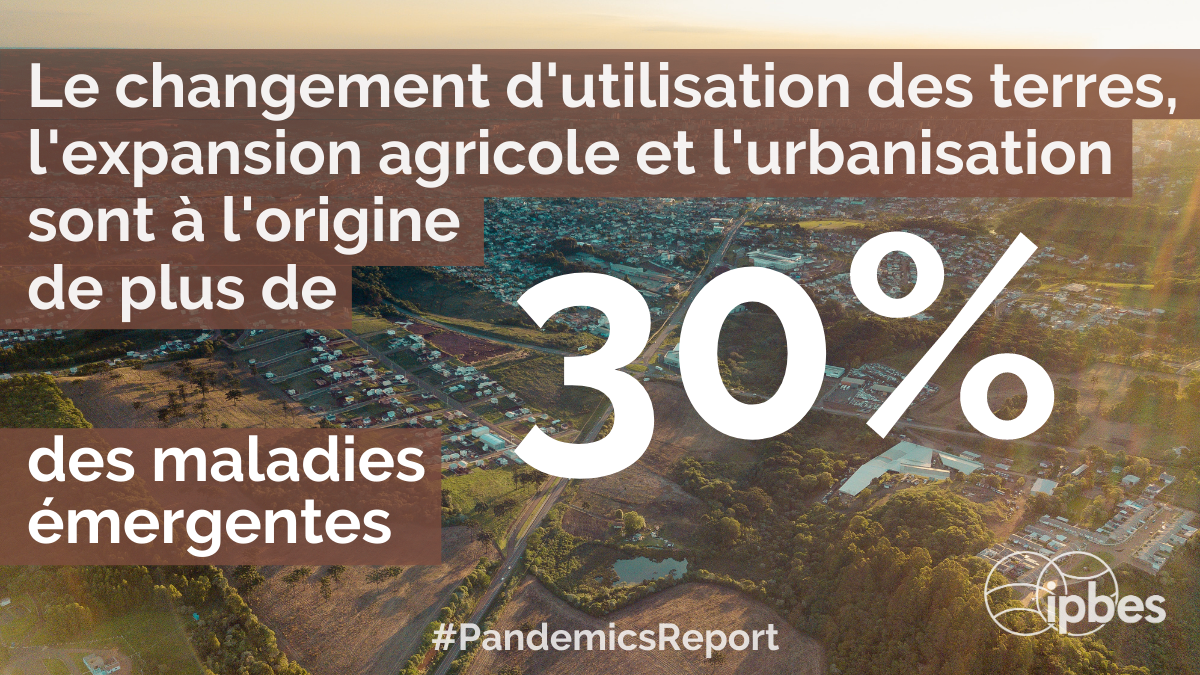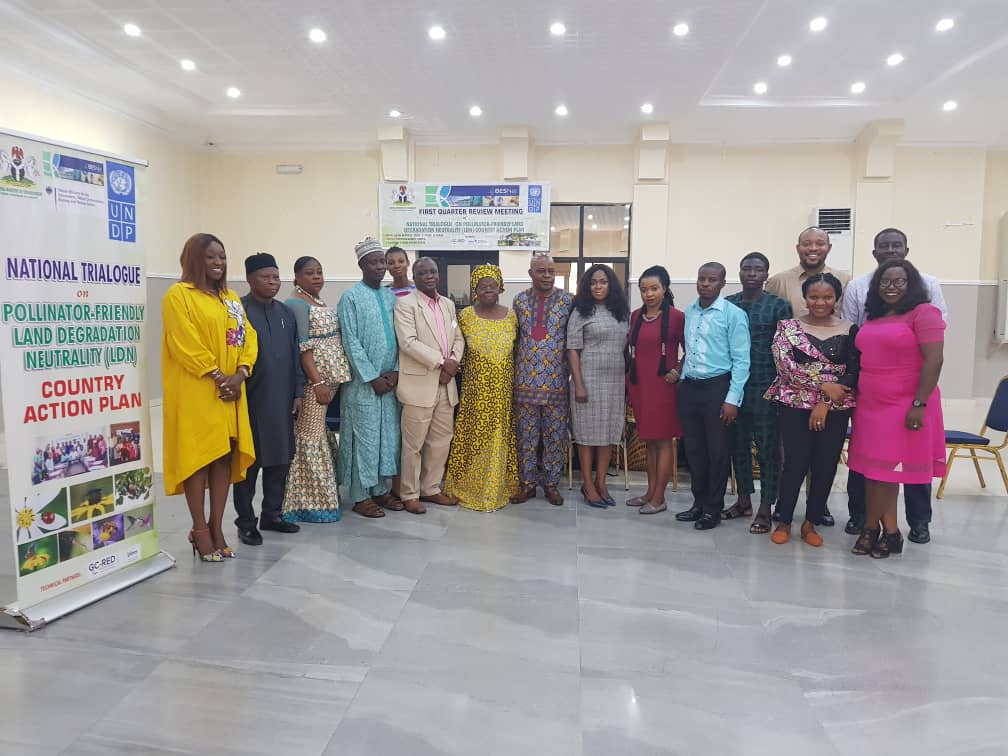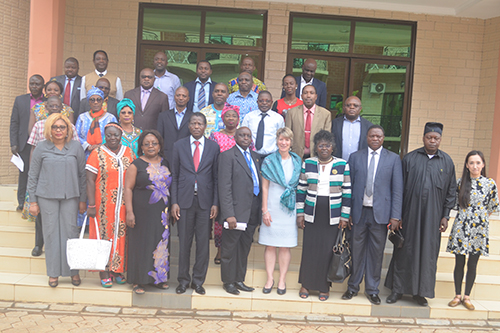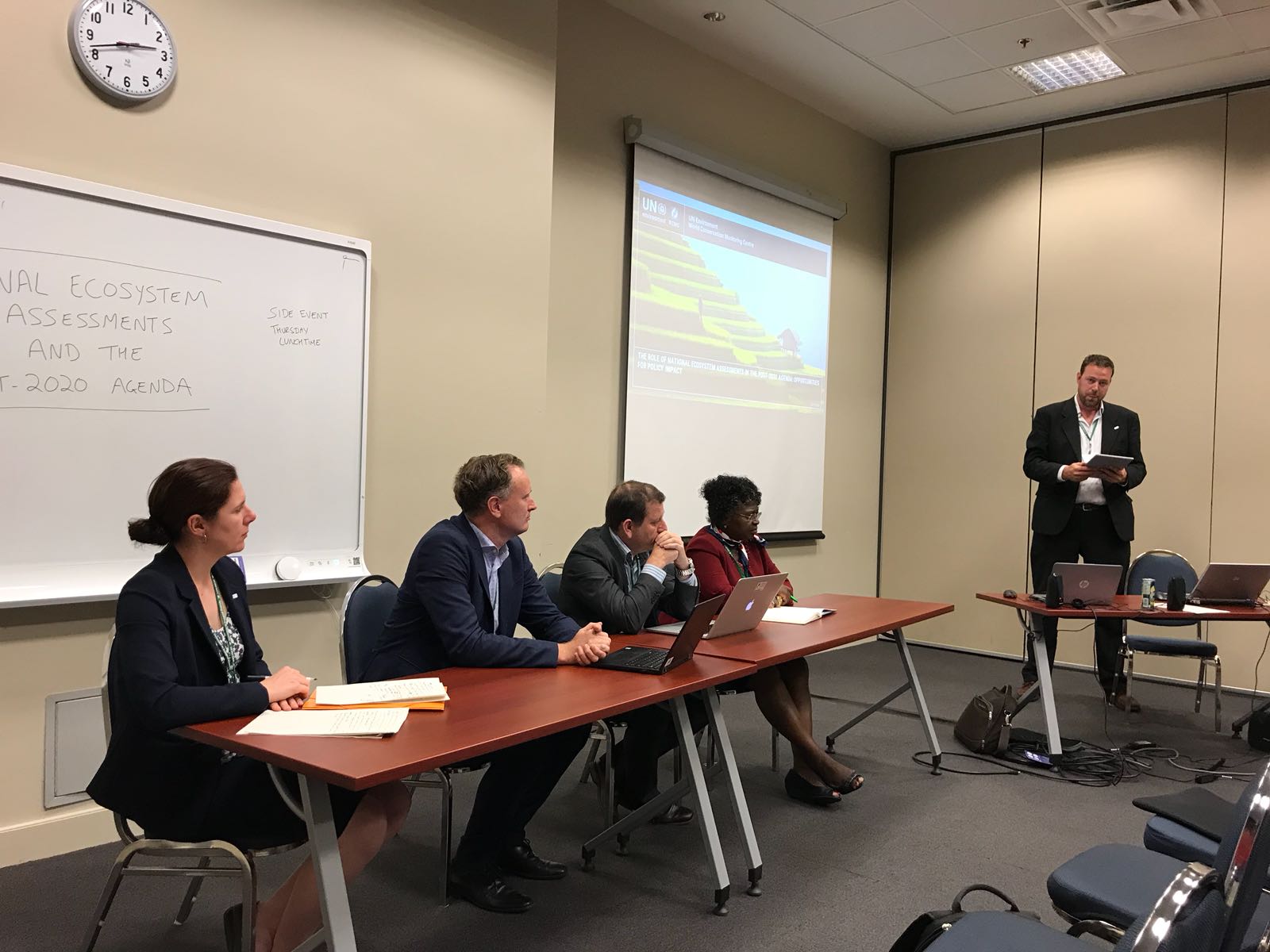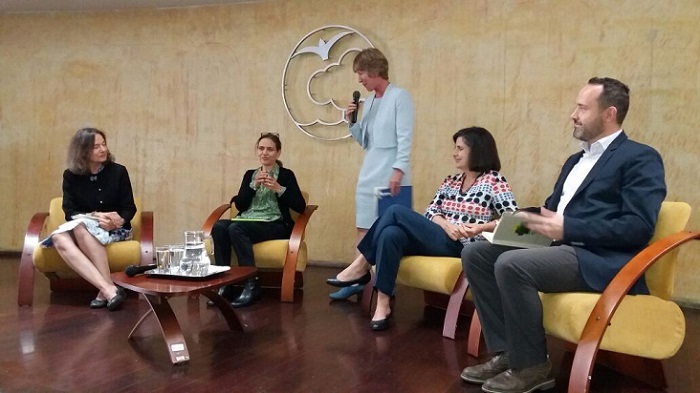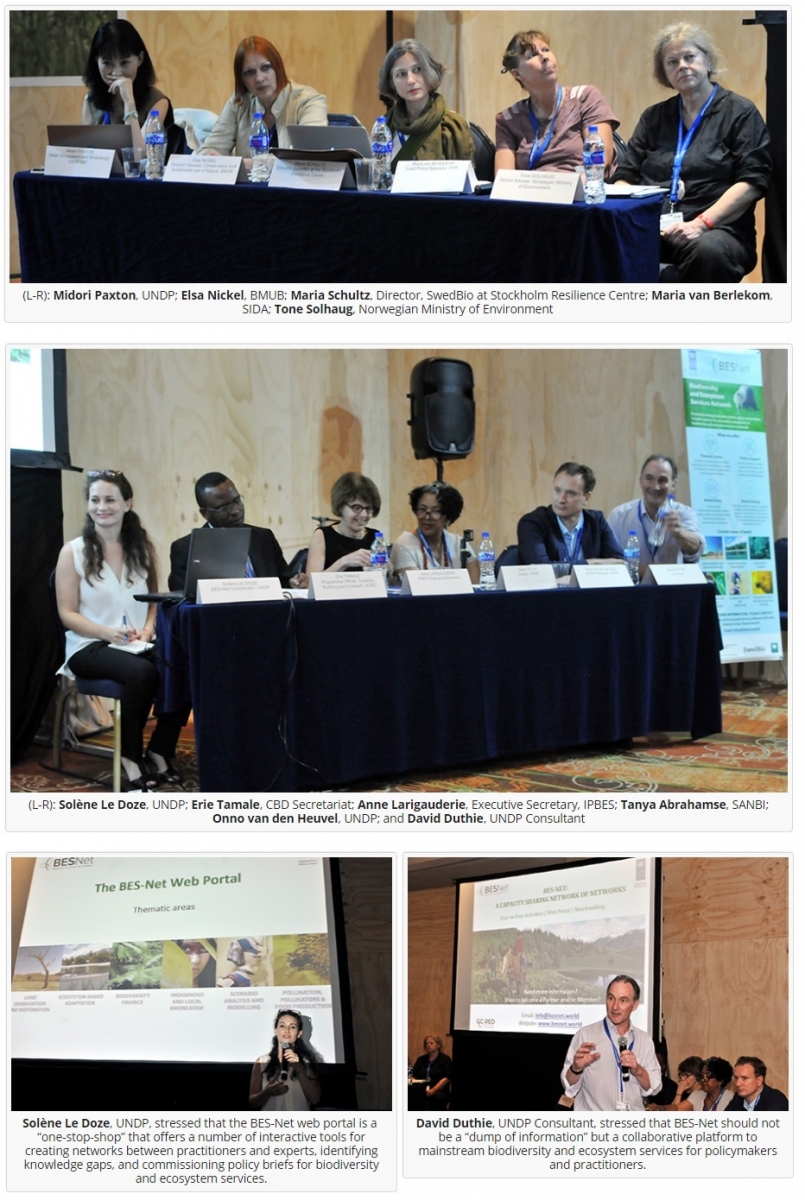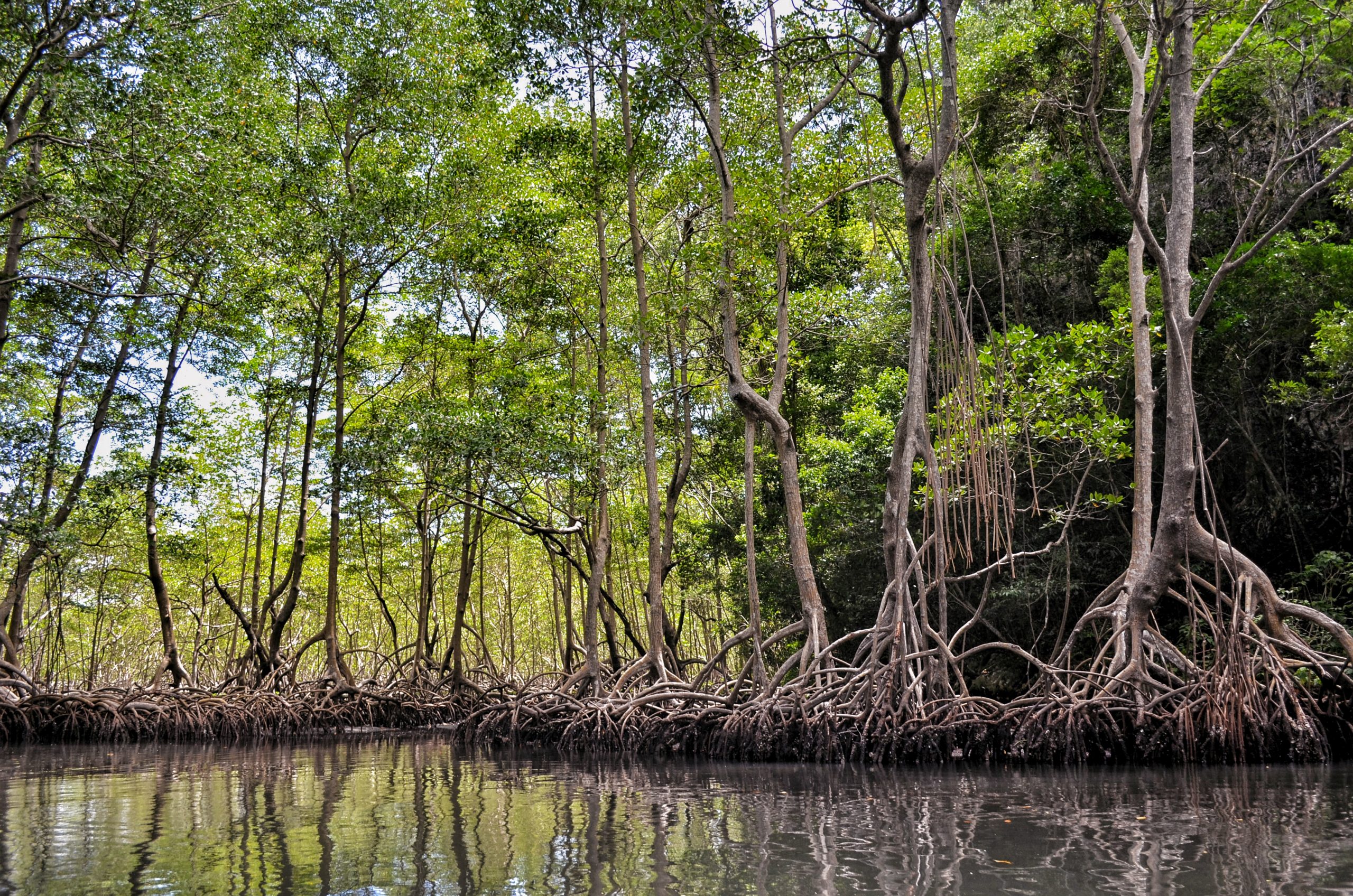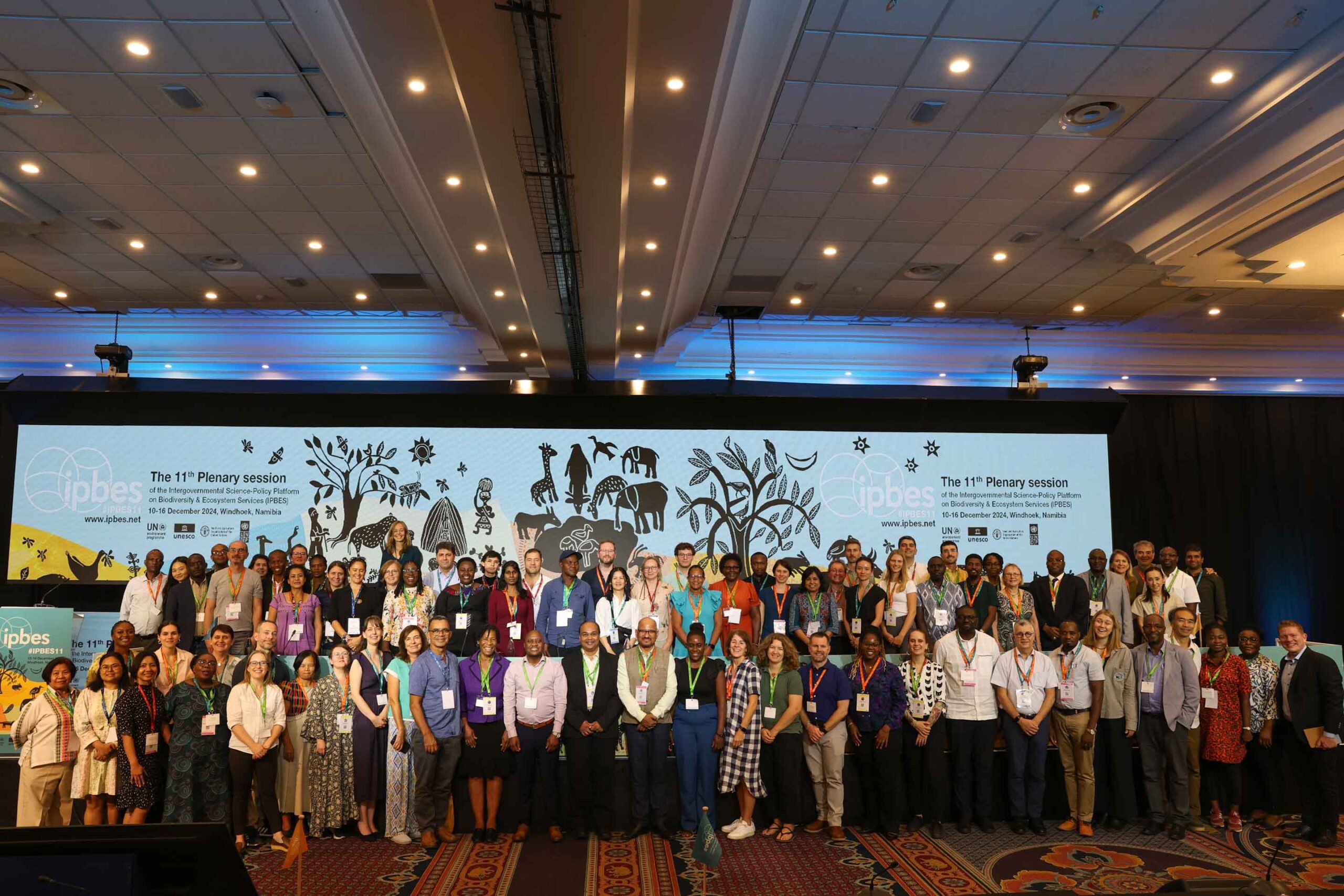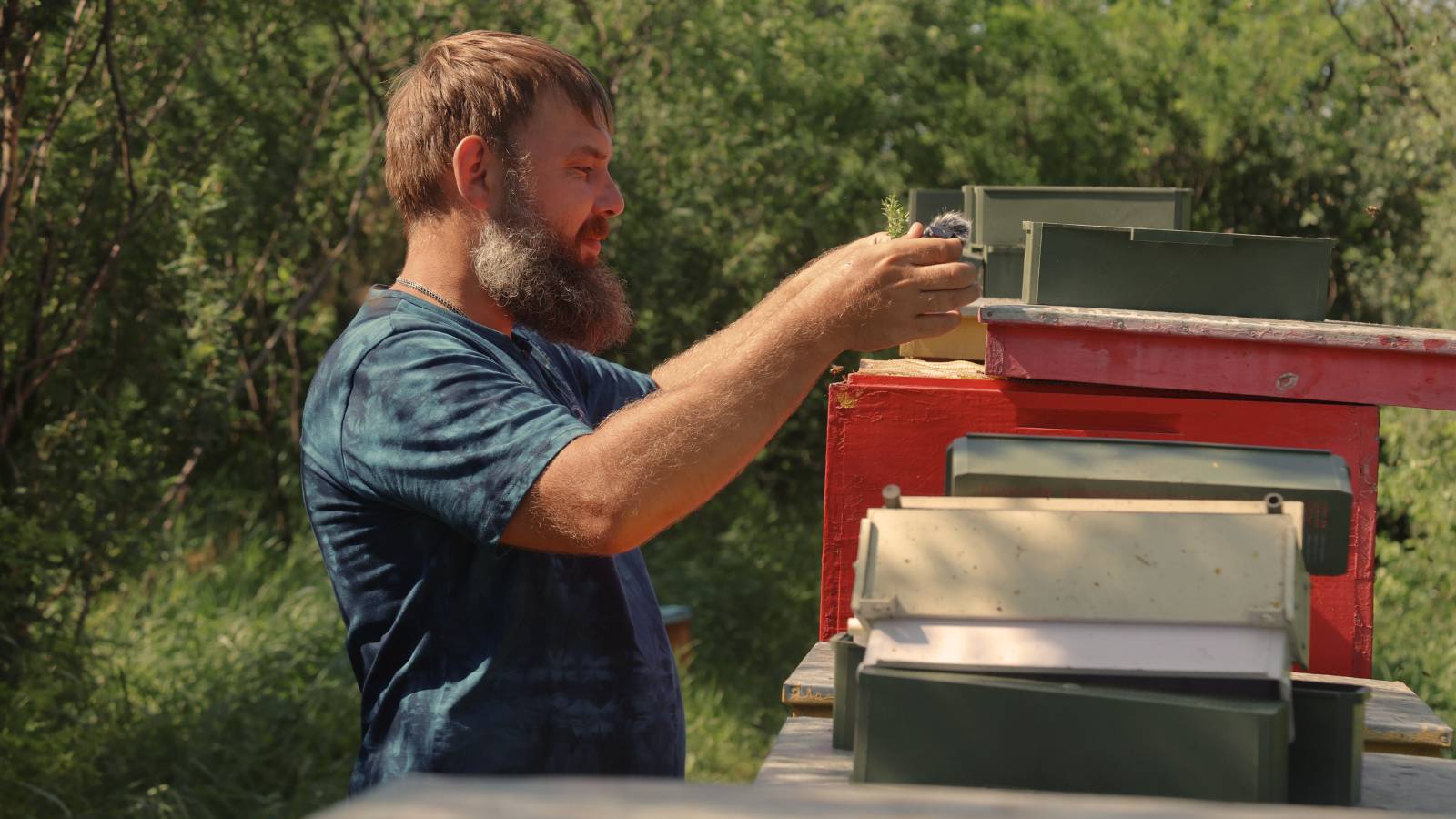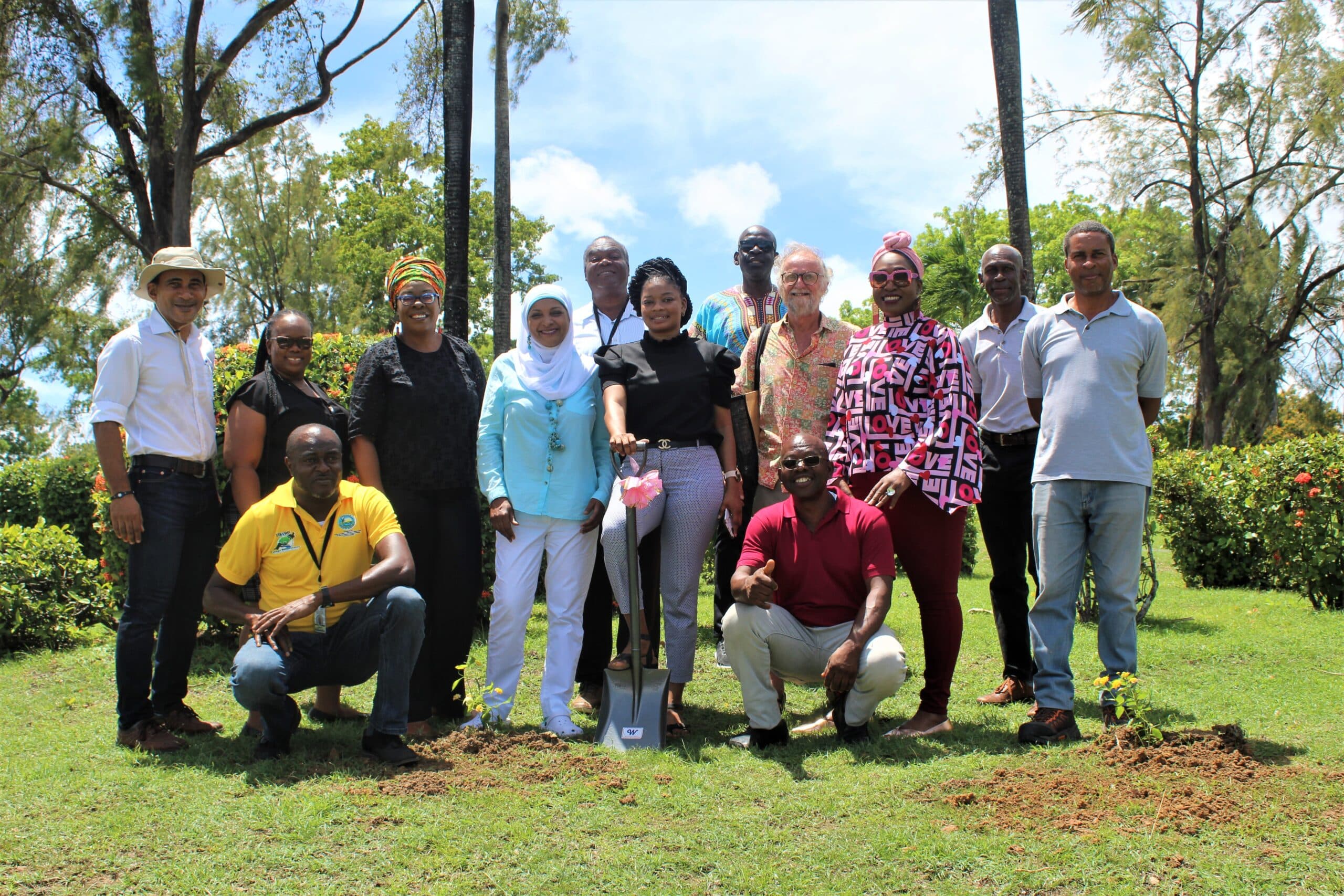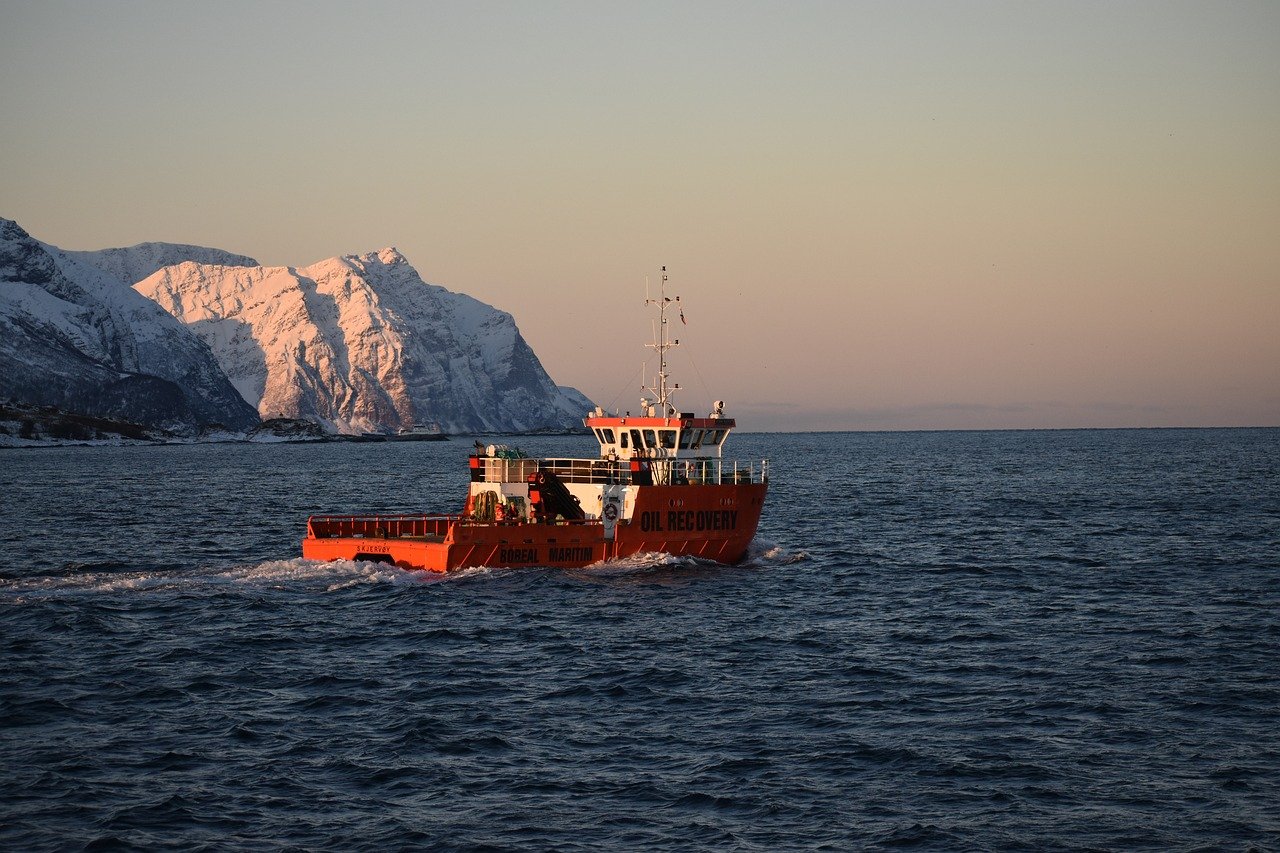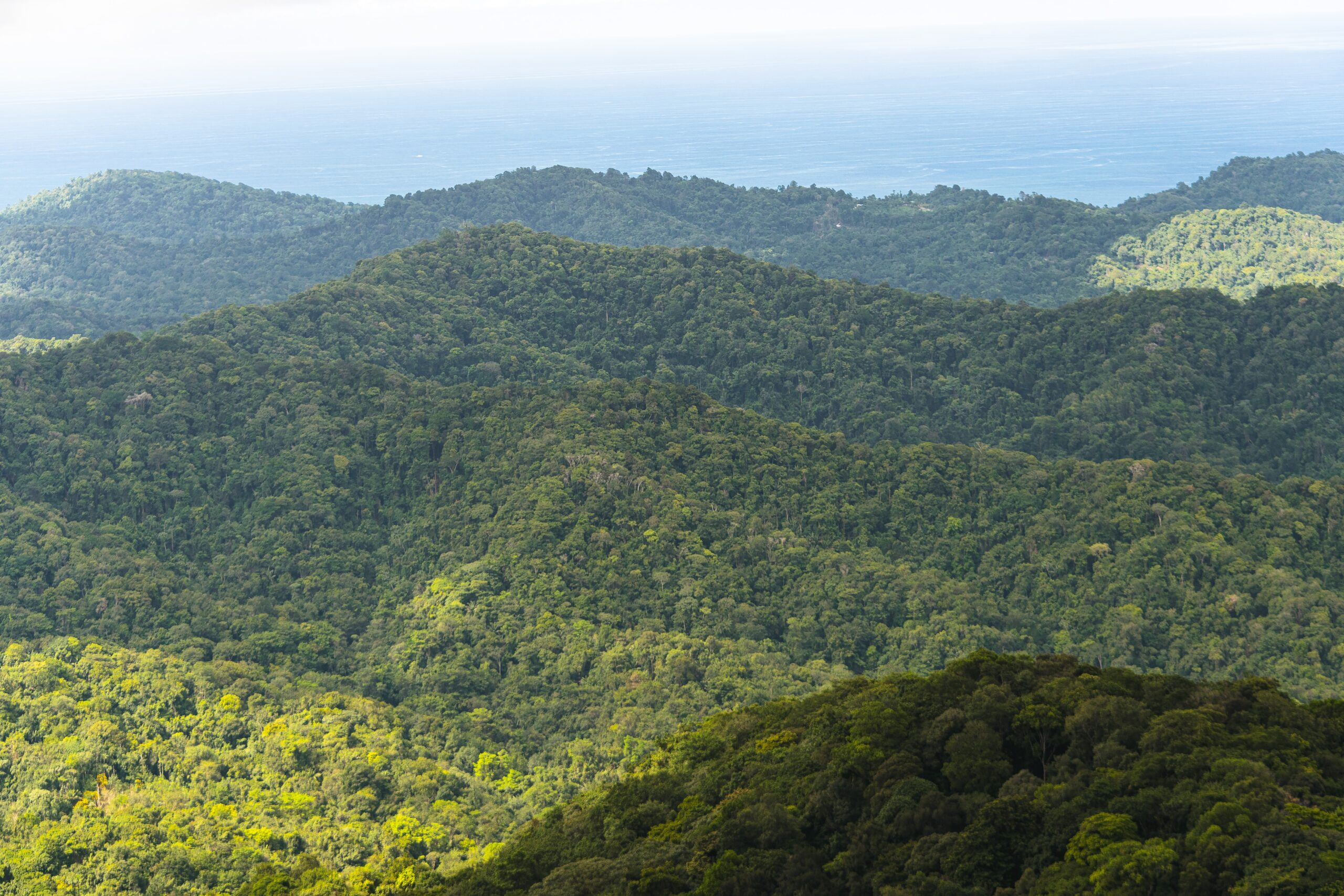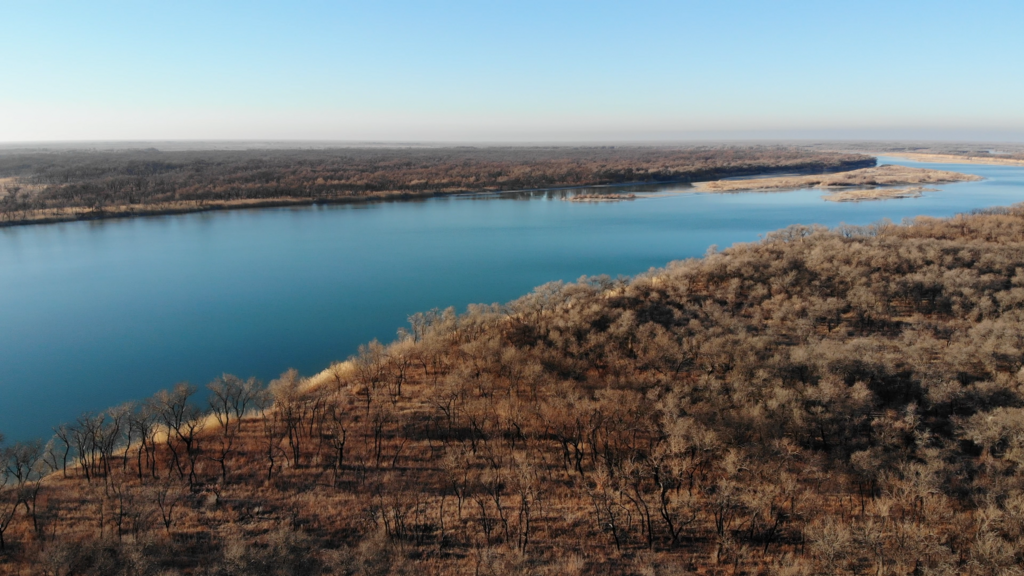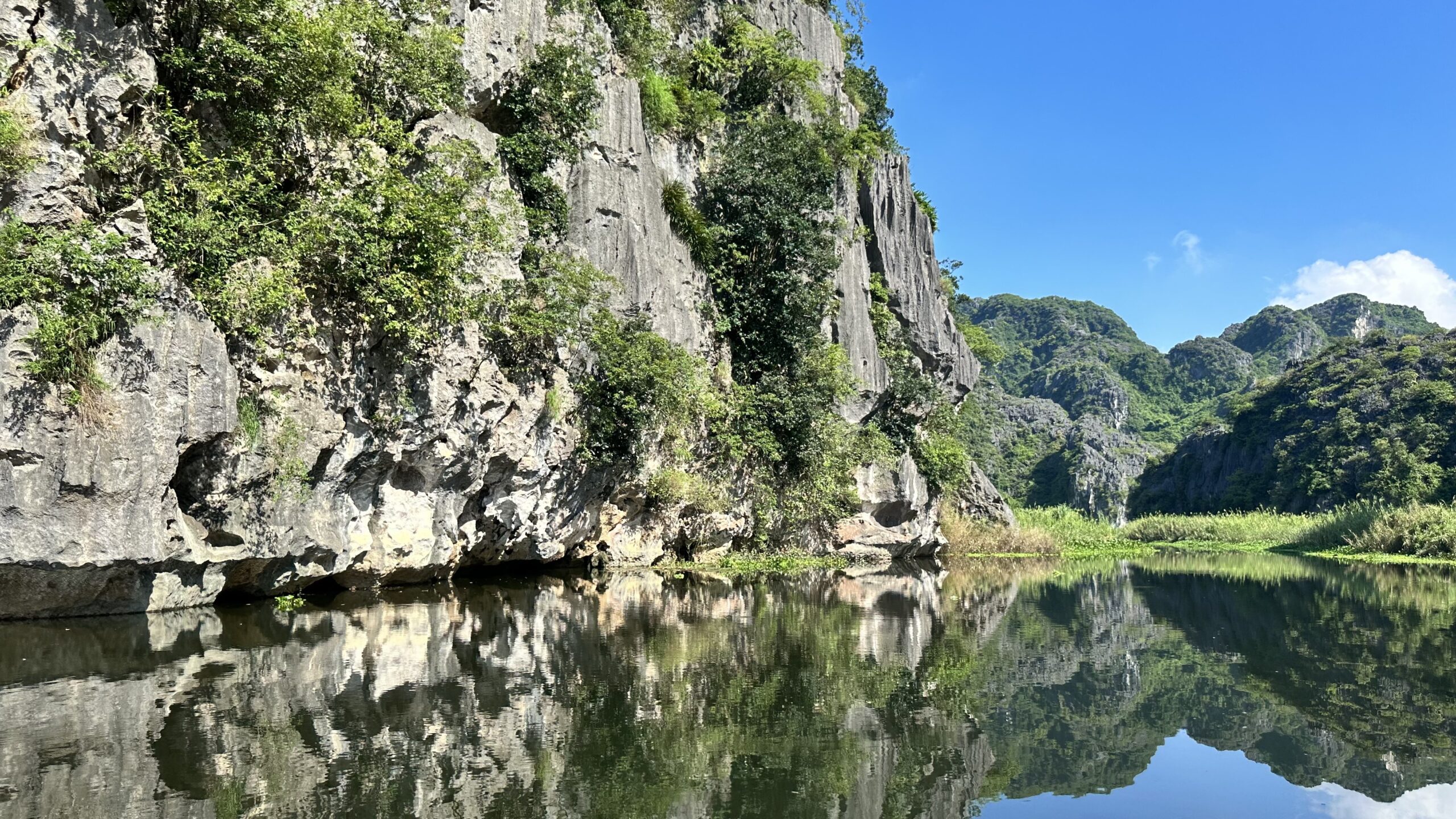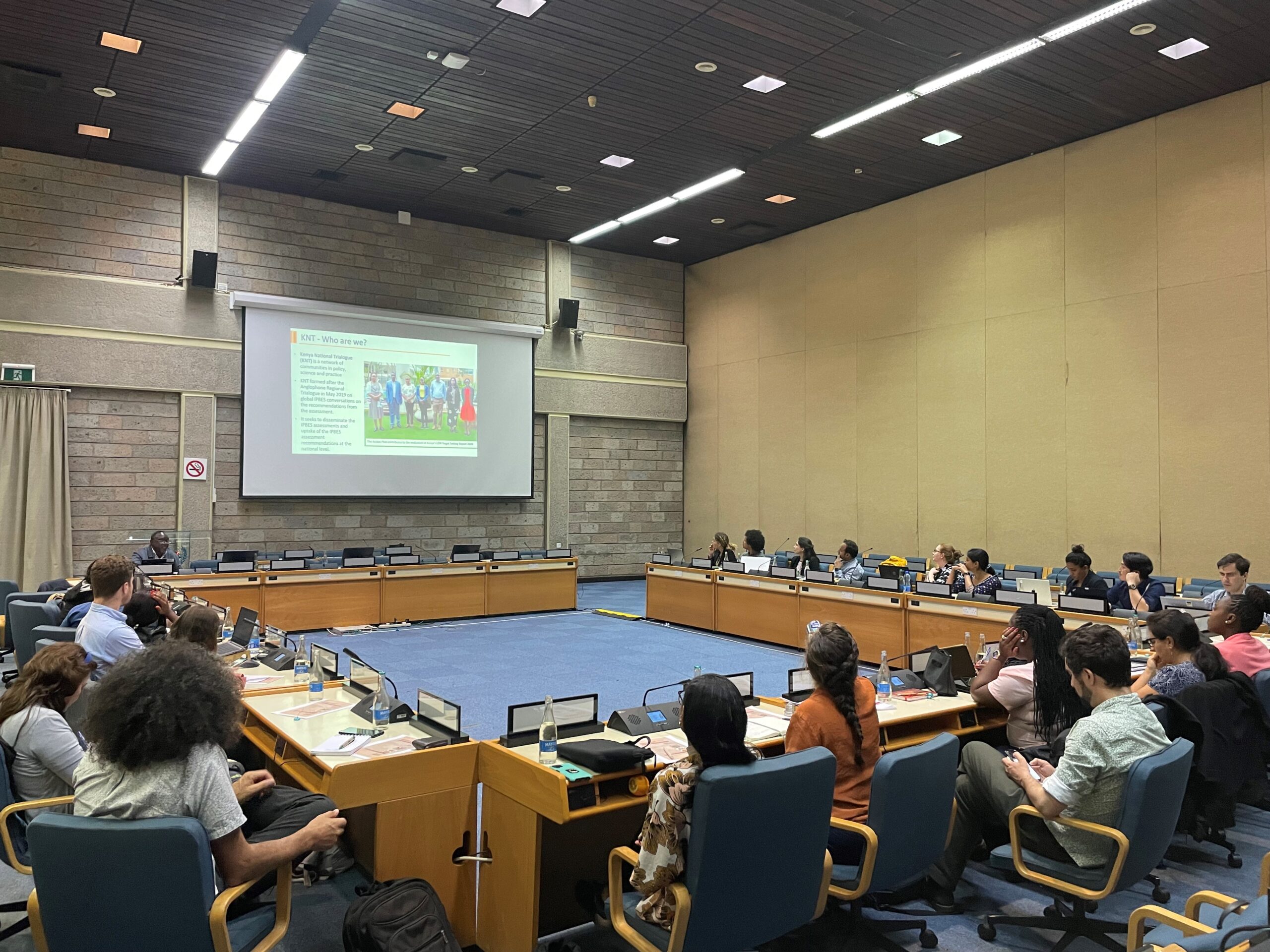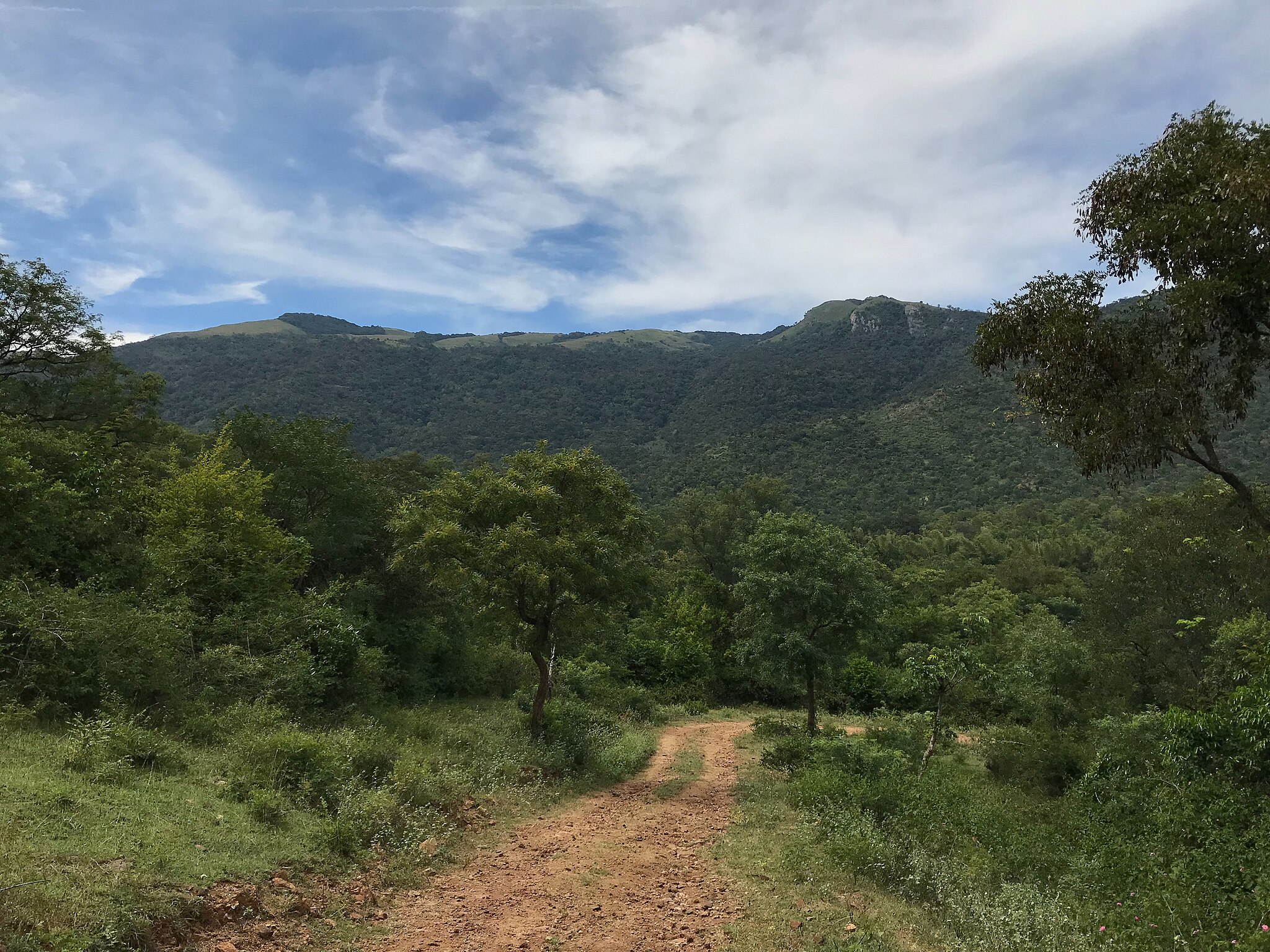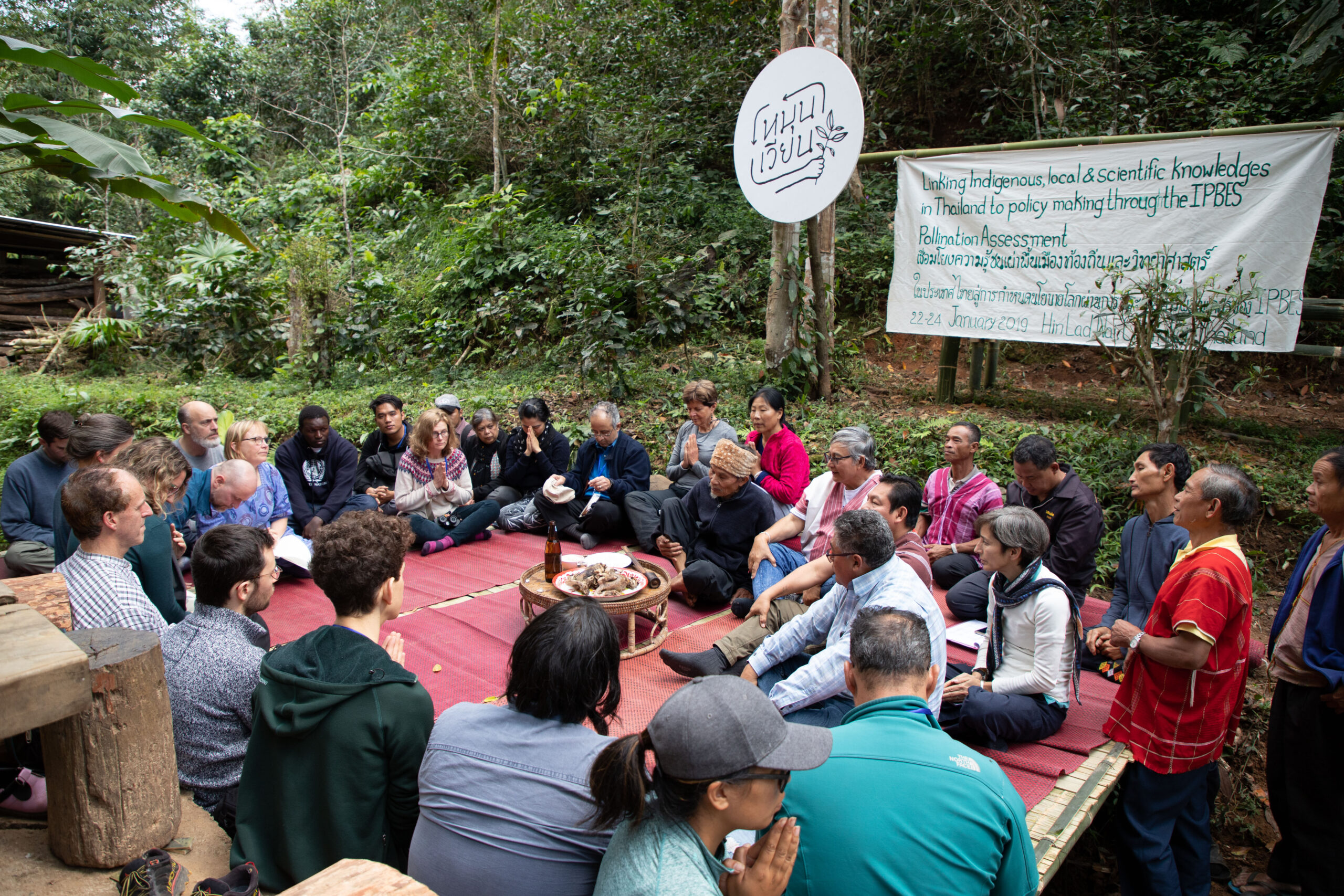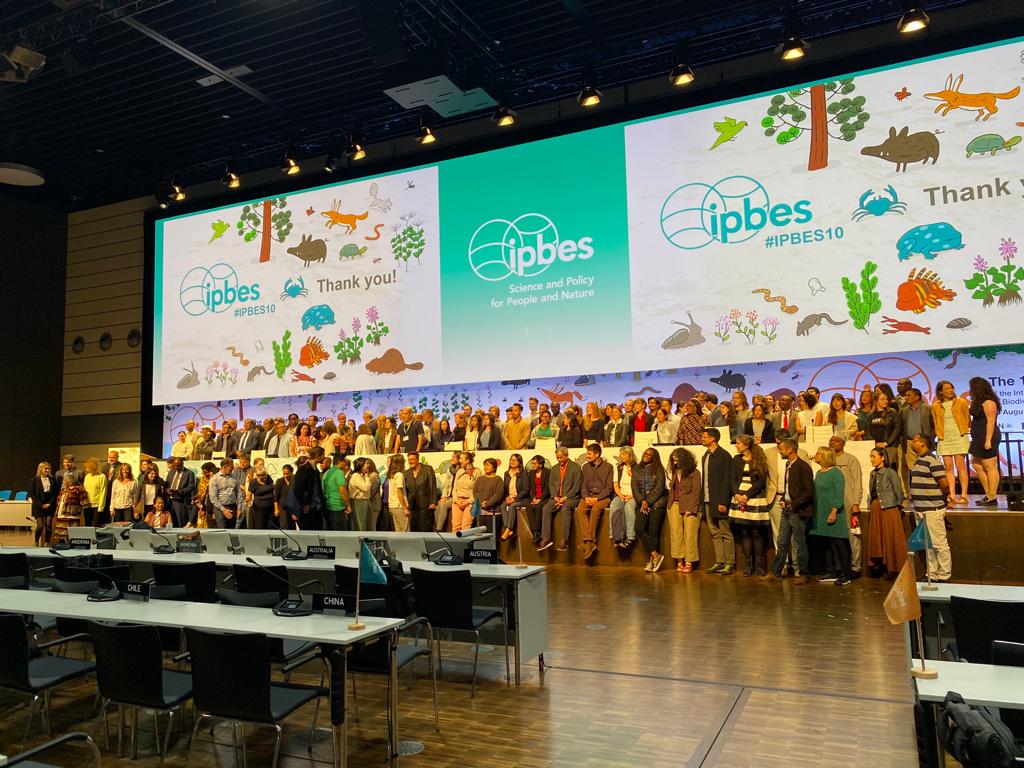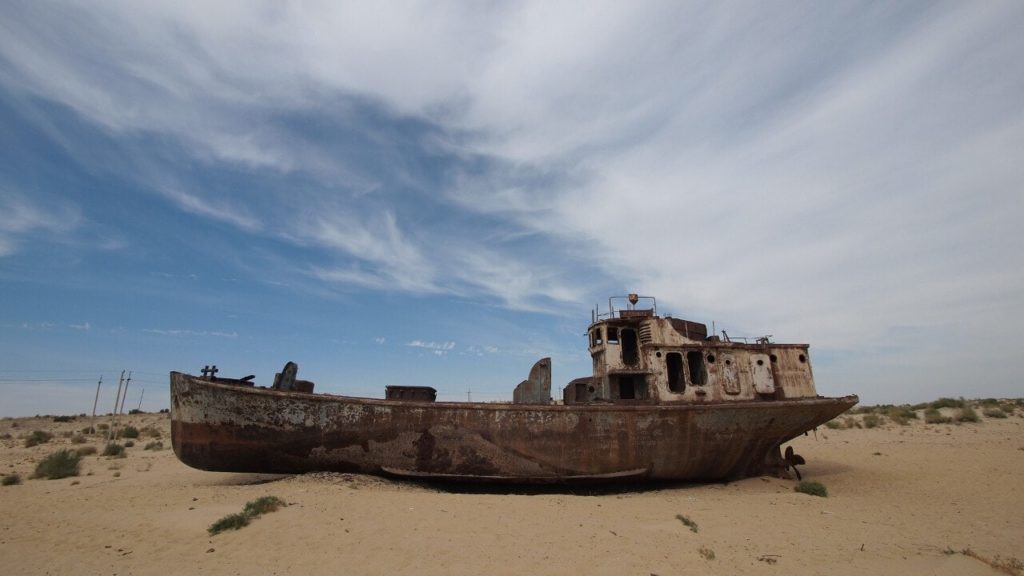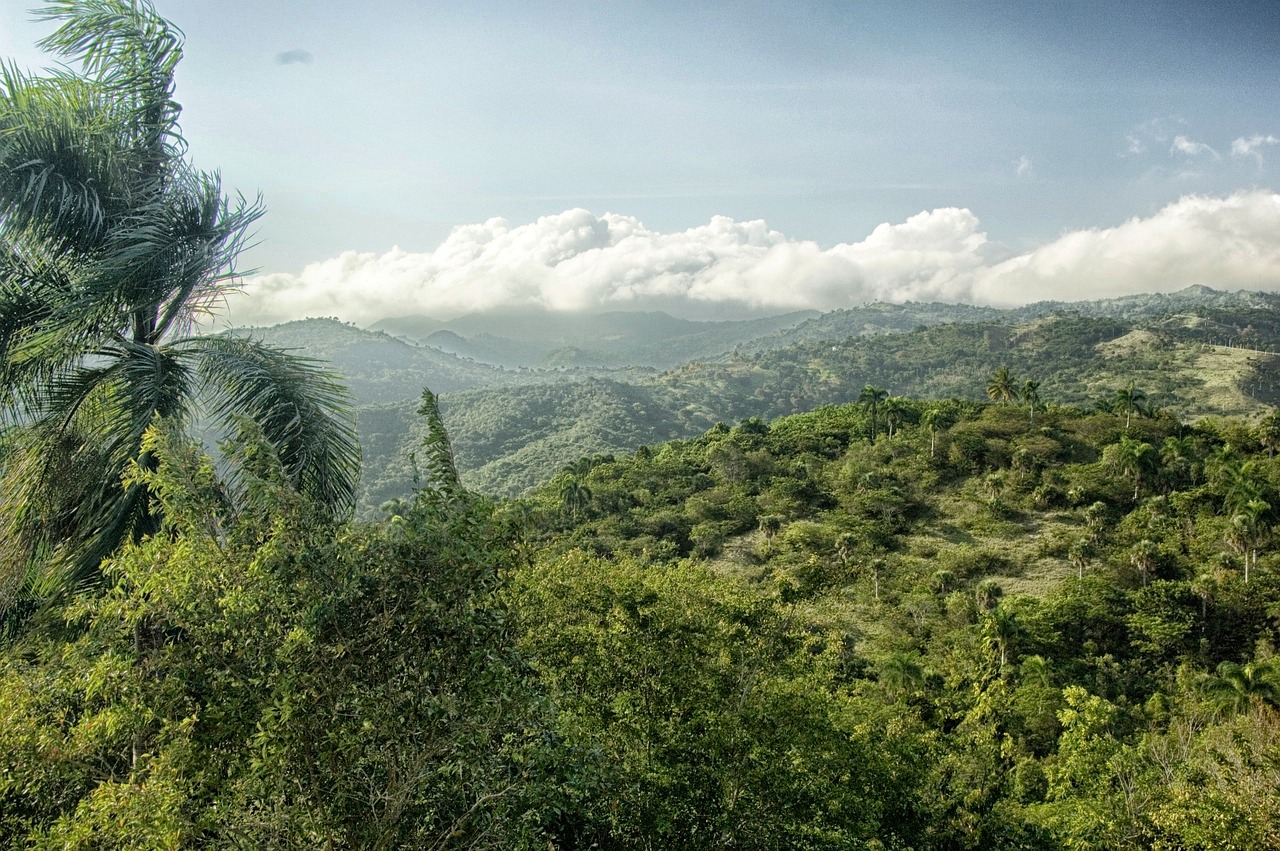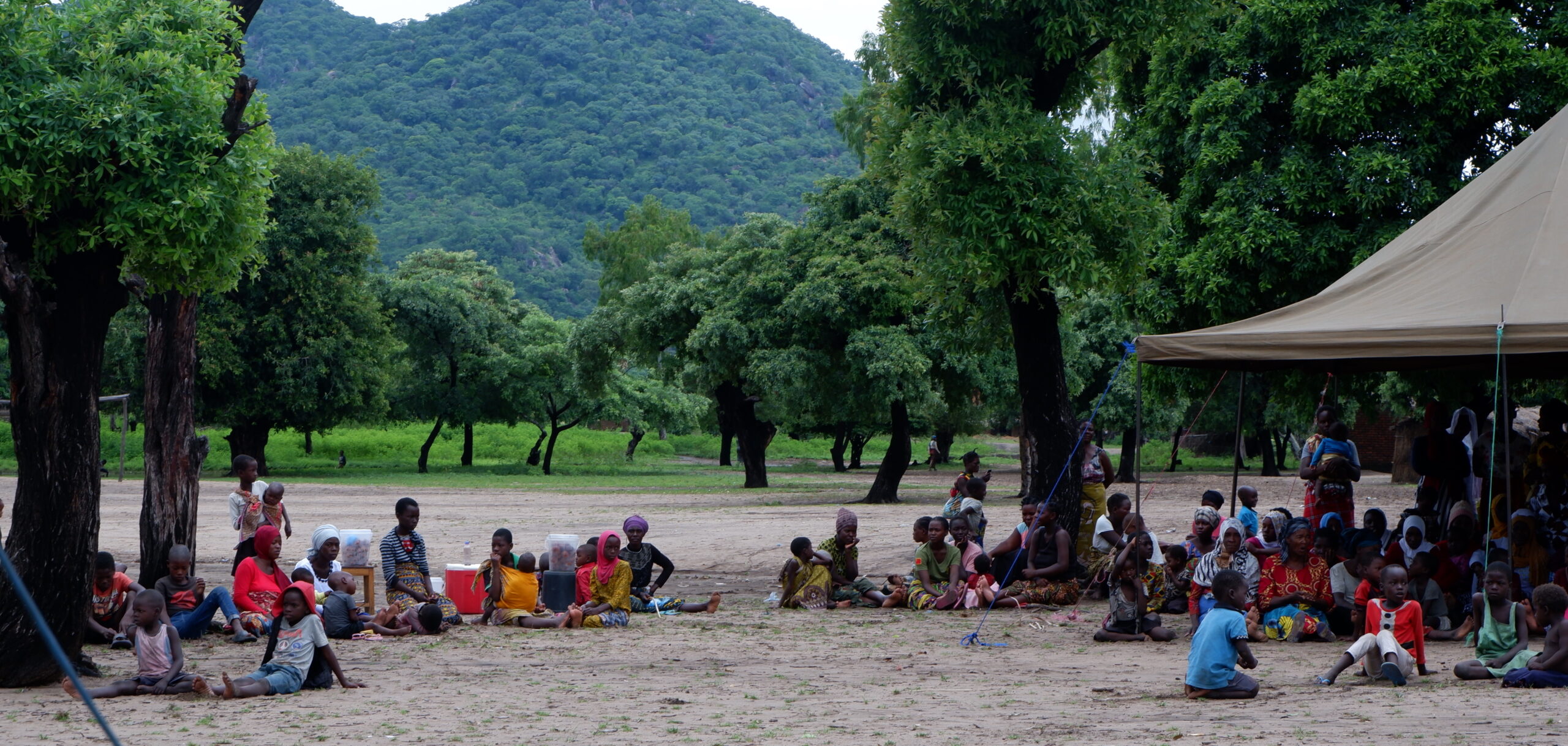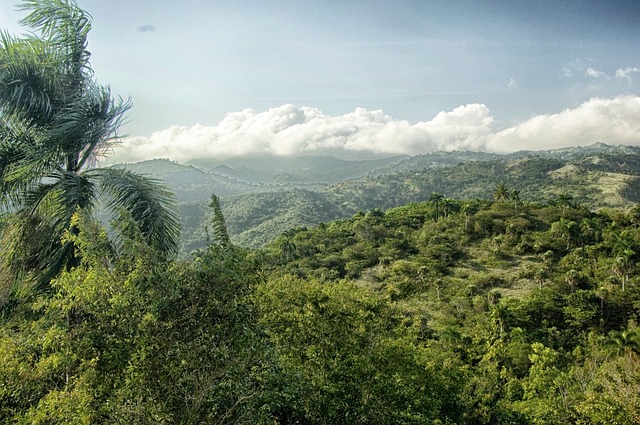Economics of Land Degradation Initiative: Investing in Sustainable Land Management
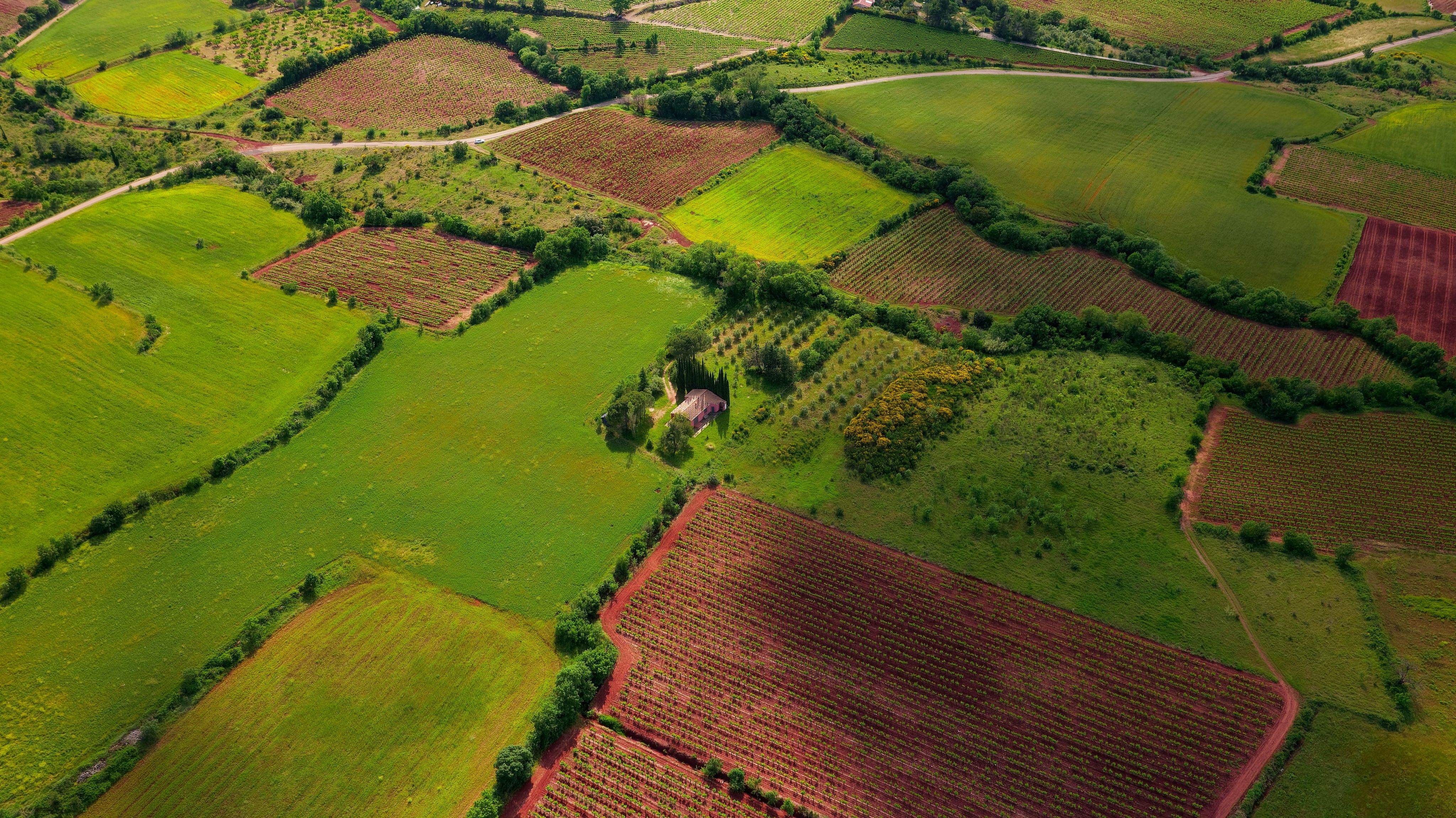
Photo by Gautier Pfeiffer on Unsplash
Photo by Gautier Pfeiffer on Unsplash
Nina Bisom holds a Master’s Degree in Political Sciences. Before she joined ELD in July 2021, Nina worked for the Deutsche Gesellschaft für Internationale Zusammenarbeit (GIZ) in different projects and positions.
From 2006 to 2013, she worked on water policy issues providing policy advice to the Federal Ministry for Economic Cooperation and Development as well as to the Government of Burundi, supporting the Burundian water sector reforms and water resources management.
She then worked on a GIZ sector project on environmental policies in Bonn, which she coordinated as team leader from 2017 to 2021.

Photo courtesy of Nina Bisom
Photo courtesy of Nina Bisom

Photo courtesy of Mark Schauer
Photo courtesy of Mark Schauer
Mark Schauer is the Deputy-Head of the Alliance for Restoration of Forest Landscapes and Ecosystems in Africa (AREECA), managed by GIZ. Before joining AREECA, he was the Coordinator for the international "Economics of Land Degradation” Initiative and worked for the United Nations Environment Programme as the Head of the Central Office of The Economics of Ecosystems and Biodiversity and the German Federal Ministry for Environment. His work has been focused on coordinating projects that link economic and ecologic issues, providing economic information for better decision-making in the context of sustainable ecosystem management.
Mark holds a Master’s Degree in Forest Management from the University of Göttingen, Germany. After his graduation and gaining hands-on experience in forest management, he worked in Europe, Southern Africa and South Asia on natural resource management and nature conservation, focusing on this issue's interconnectedness with development, poverty alleviation and institutional support programmes.

Image by RÜŞTÜ BOZKUŞ from Pixabay
Image by RÜŞTÜ BOZKUŞ from Pixabay
A conversation with Nina Bisom and Mark Schauer from the Economics of Land Degradation (ELD) Initiative.
The ELD Initiative aims to make an economic case for investing in sustainable land management. What motivated the creation of the Initiative?
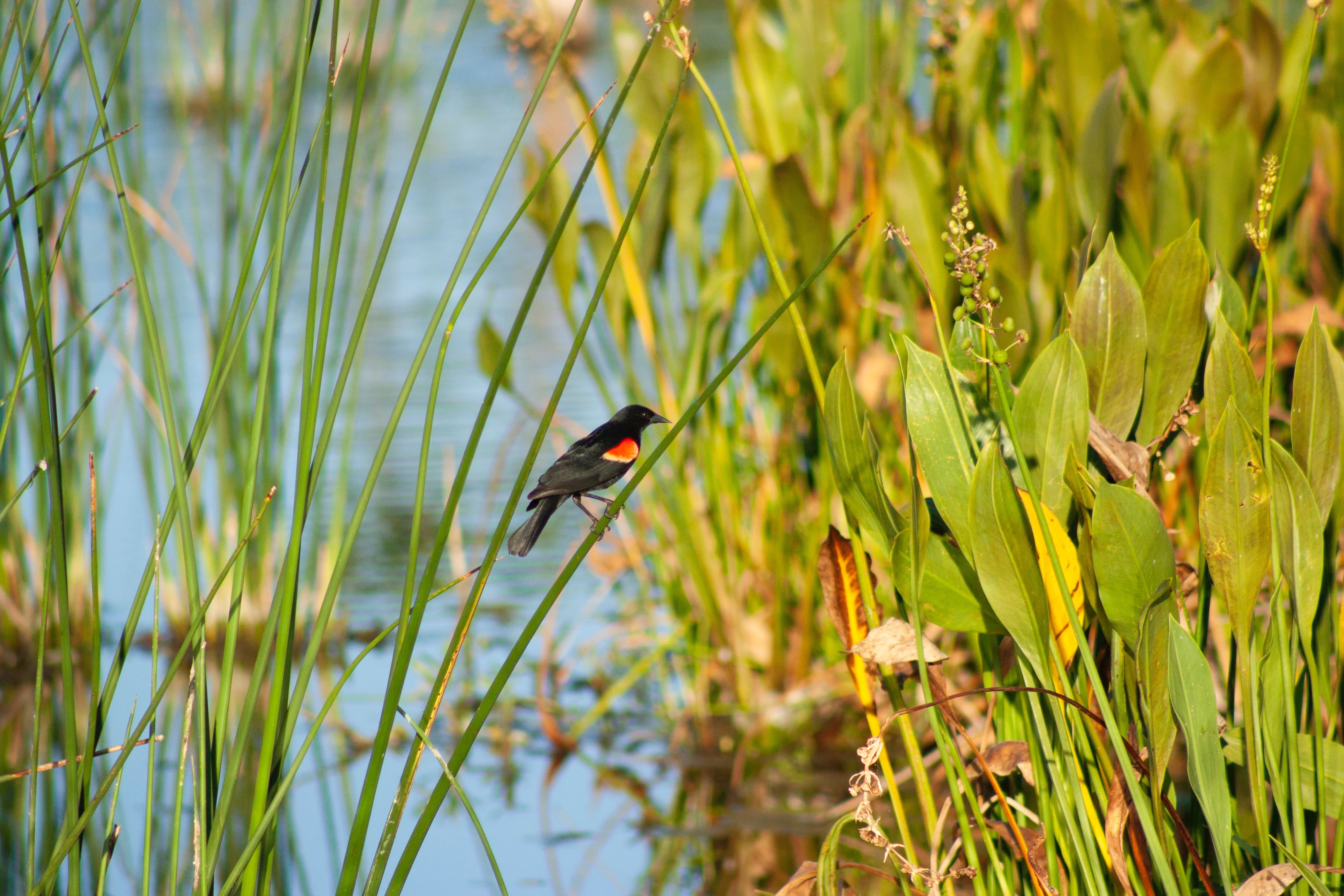
Photo by Ashley Inguanta on Unsplash
Photo by Ashley Inguanta on Unsplash
Mark: The ELD Initiative was envisaged by the United Nations Convention to Combat Desertification (UNCCD), the German Government and the European Union to provide compelling arguments through economic research for land restoration. Similar economic mechanisms have already been put in place by other Rio Conventions, so ELD was created in 2011 to provide a solid basis for UNCCD.
Since then, the ELD Initiative has focused on generating evidence and knowledge for informed decision-making on land degradation neutrality on different levels while highlighting what would be the cost of inaction towards this threat.
What is the biggest obstacle in valuing ecosystem services and promoting sustainable land management?

Photo by James Park on Unsplash
Photo by James Park on Unsplash
Nina: Over the last ten years, the awareness and understanding of the value of land and land-based ecosystem services have improved significantly. The ELD Initiative has had its share in this journey through publications such as our 2015 flagship report “The Value of Land”.
While we acknowledge increasing political commitment to the land degradation issue, the biggest obstacle now is to translate this awareness and understanding into real action on the ground and change at scale. ELD informs this action with context-specific, policy-driven and inclusive assessment processes.

Image by Sasin Tipchai from Pixabay
Image by Sasin Tipchai from Pixabay
The main success factor for these processes, in my view, is a clear policy demand and a defined policy question that our assessments need to provide answers to – with actionable pathways for change and a profound analysis of potential costs and benefits, winners and losers, as well as suitable policy and finance instruments.
So, at ELD, we do our best to produce studies oriented towards clear policy questions and demands. We firmly believe that policy-relevant evidence ultimately contributes to bridging the gap between awareness and action.
Mark: Exactly! Since its inception, ELD’s idea was to create scientifically robust studies that would be applied practically by policymakers and practitioners on the ground.
Can you share a bright spot or your favourite ELD success story?
Mark: The dialogue sessions among the communities are critical to ensure the pertinence and applicability of the ELD Initiative’s analysis of land degradation to land users, researchers and policymakers. Initial consultation to assess stakeholders’ needs is key to making our analysis context-relevant and informative for decision-making. Economics is a language, but we must ensure that it is accessible to diverse communities.
Effective dialogue that made a difference is our work in Jordan, where the ELD Initiative presented an ex-ante cost-benefit analysis of large-scale rangeland restoration through the 'Al-Hima' land management system within the Zarqa River Basin, building on the experience of a pilot initiative by the International Union for Conservation of Nature and the Jordanian Ministry of Agriculture.
An example of meaningful engagement of local communities and collecting their experiences and expertise is the case study in Georgia, where we analysed three sustainable pastureland strategies, their impact on land productivity and potential scenarios.
Finally, I must mention a great network of experts and partners, institutions and experts we built up and which is supporting us both collectively and in their individual capacities as a backbone of the ELD Initiative and its success.
How does the latest Values Assessment by the Intergovernmental Science-Policy Platform on Biodiversity and Ecosystem Services (IPBES), or the broader IPBES knowledge base, contribute to your work?
Nina: The IPBES Values Assessment and the conceptual framework defining nature’s contribution to people provide a solid basis for evaluations of ecosystem services, which are not monetary or cannot easily be translated into economic numbers. It provides guidance to navigate pathways for reconciling our lifestyles and economies with the limits of nature. The IPBES Values Assessment is a great achievement and hopefully takes the whole debate about valuing nature to the next level.
At ELD, we provide analyses that complement the level of global IPBES reports. Especially when it comes to concrete policy action, we break the concepts and categories to value ecosystem services into very substantial, in-depth analyses. This is where IPBES reports provide valuable conceptual orientation for our studies and give important impulses for the further development of scientific methods for the valuation of ecosystem services.
Can you share some insights into the future direction for the ELD Initiative and news about any upcoming activities?

Image by David Mark from Pixabay
Image by David Mark from Pixabay
Nina: We’re in the UN Decade on Ecosystem Restoration. It perfectly sums up ELD’s vision for the future, as we aim to shift from raising awareness to concrete actions to address this monumental challenge of avoiding land degradation and restoring degraded land.
ELD has recently entered a new decade, the “Decade for Action 2022–2030” where the Initiative continues to move from raising awareness to boosting action on the ground and needed investments. Our mission in this new decade is to integrate the true value of land and its ecosystem services in decision-making processes and to capitalize on this value through policy reforms, economic instruments and financing strategies, with the aim of boosting action and investments for sustainable land management and ecosystem restoration.

Photo by Matthew Essman on Unsplash
Photo by Matthew Essman on Unsplash
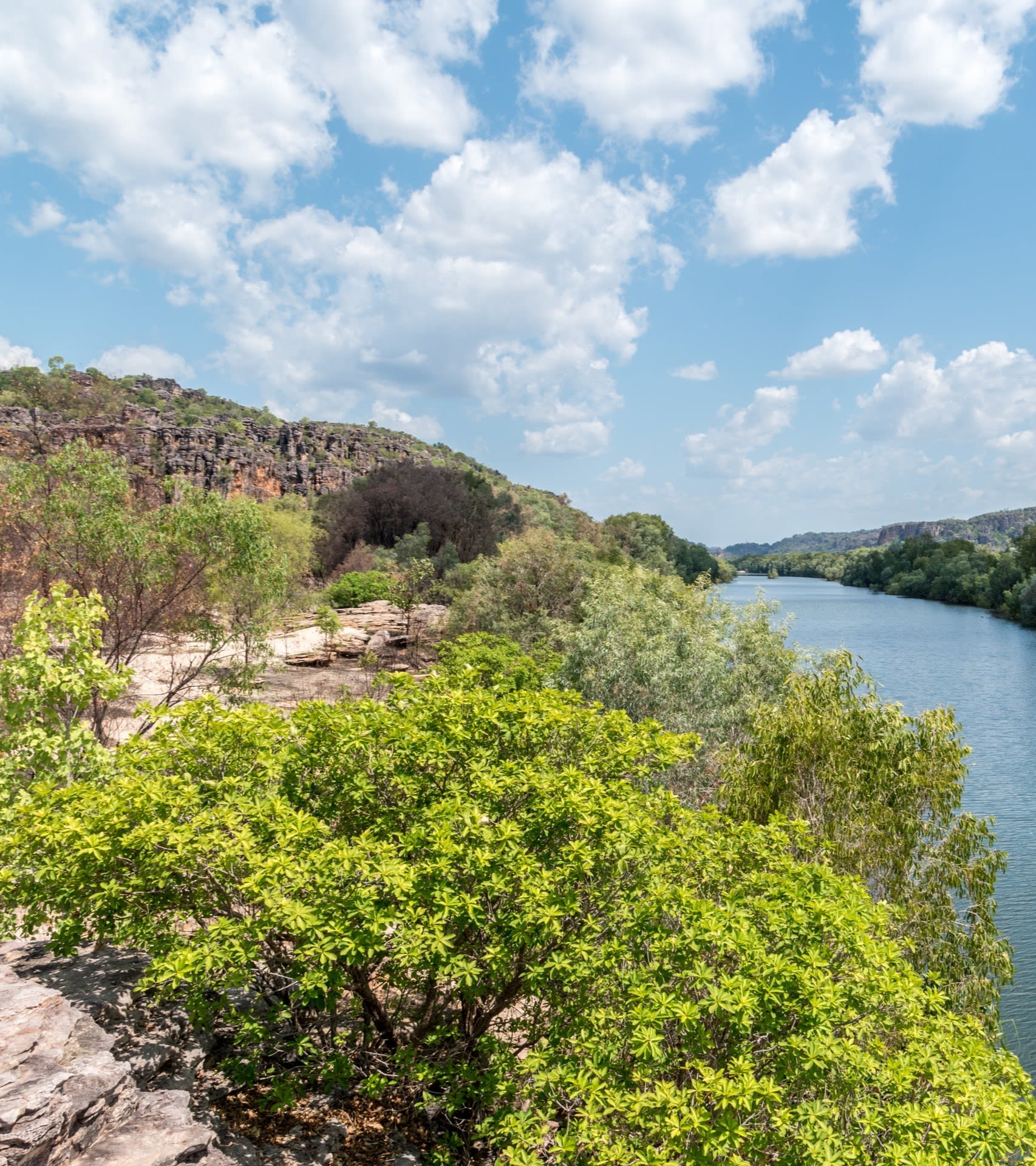
Photo by Vladimir Haltakov on Unsplash
Photo by Vladimir Haltakov on Unsplash
There are many exciting things to look out for in the near future already, such as our 2022 edition of the State of Finance for Nature report with the United Nations Environment Programme, the World Economic Forum and Vivid Economics, a landmark report on the economics of harmonizing land-based Rio targets in Rwanda with the University of Bonn, and we will start a revision process for our “6+1 step approach” for assessing and integrating the value of land and ecosystem services into decisions. We will continue to inform better and evidence-based decisions worldwide with policy-relevant, in-depth economic analyses and will also focus on developing solutions and providing tools, methods, datasets and information on innovative policy and financial instruments for the economics of land and its ecosystem services.
Our network of organizations and experts will continue playing a pivotal role in this!
Are you interested in the work of the ELD Initiative? Please visit the website www.eld-initiative.org and check their latest publications, such as the State of Finance for Nature in the G20: Leading by Example to Close the Investment Gap – a collaboration of the ELD Initiative with the United Nations Environment Programme, World Economic Forum and Vivid Economics. The report presents the results of a global analysis tracking investment flows into nature-based solutions. It identifies future investments needed to meet the biodiversity, climate and land restoration targets.








